[ad_1]
Recently, the definition of ‘racing’ has curiously become a heavily-debated topic among motorsports fans. In particular, the popularity of time attack has called into question the validity of racing against a clock.
Personally, that seems like a preposterous way to split hairs. Why? Because the Pikes Peak International Hill Climb (PPIHC) exists and it is undeniably one of the greatest events in motorsport. If it wasn’t, the ‘Race To The Clouds’ wouldn’t be celebrating its 100th year in 2022.
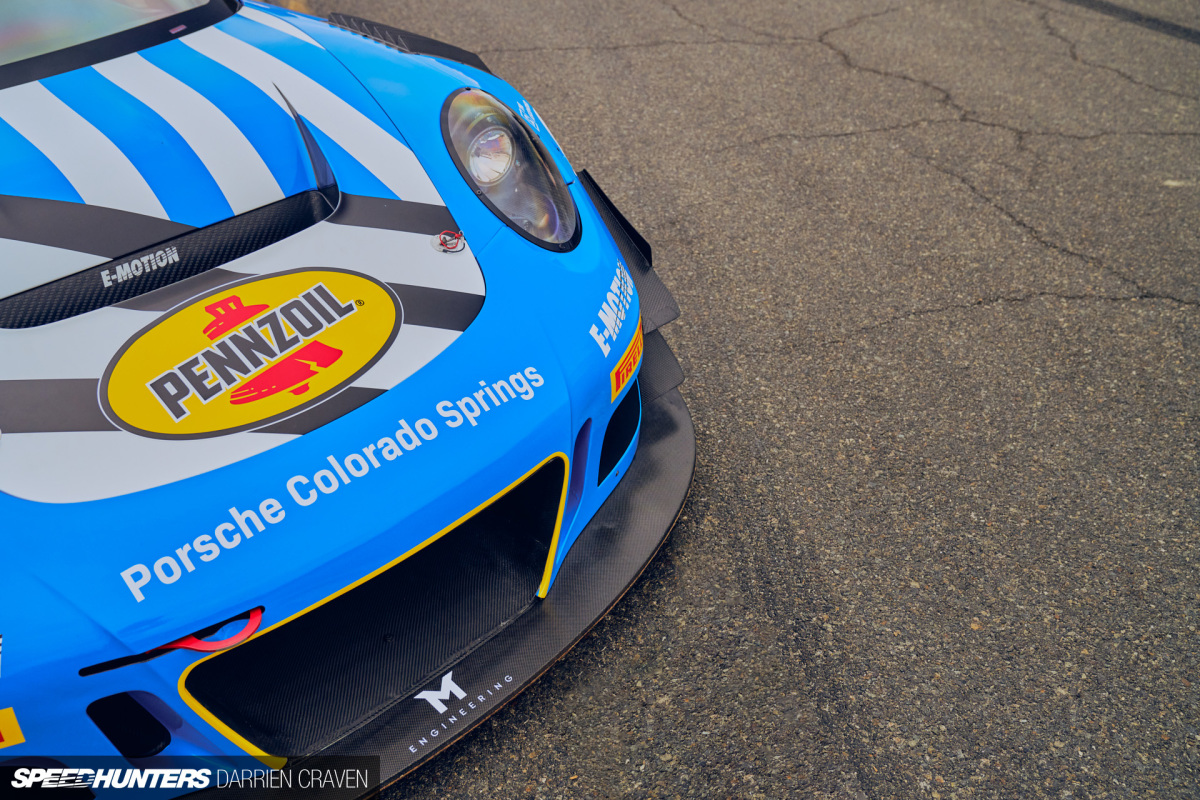
The PPIHC consists of 152 turns over 12.42 miles. Starting at 9,000ft above sea level and ending at 14,155ft, it’s not a race for the faint of heart or those with under-prepared equipment. Cars are developed, tested, raced, broken and destroyed all in the name of conquering this mountain road in Colorado. It’s a momentous challenge for both drivers and engineers, and crossing the finish line is always an emotional moment.
This is why it’s so difficult for those who have done it to stay away. The challenge itself is addictive.
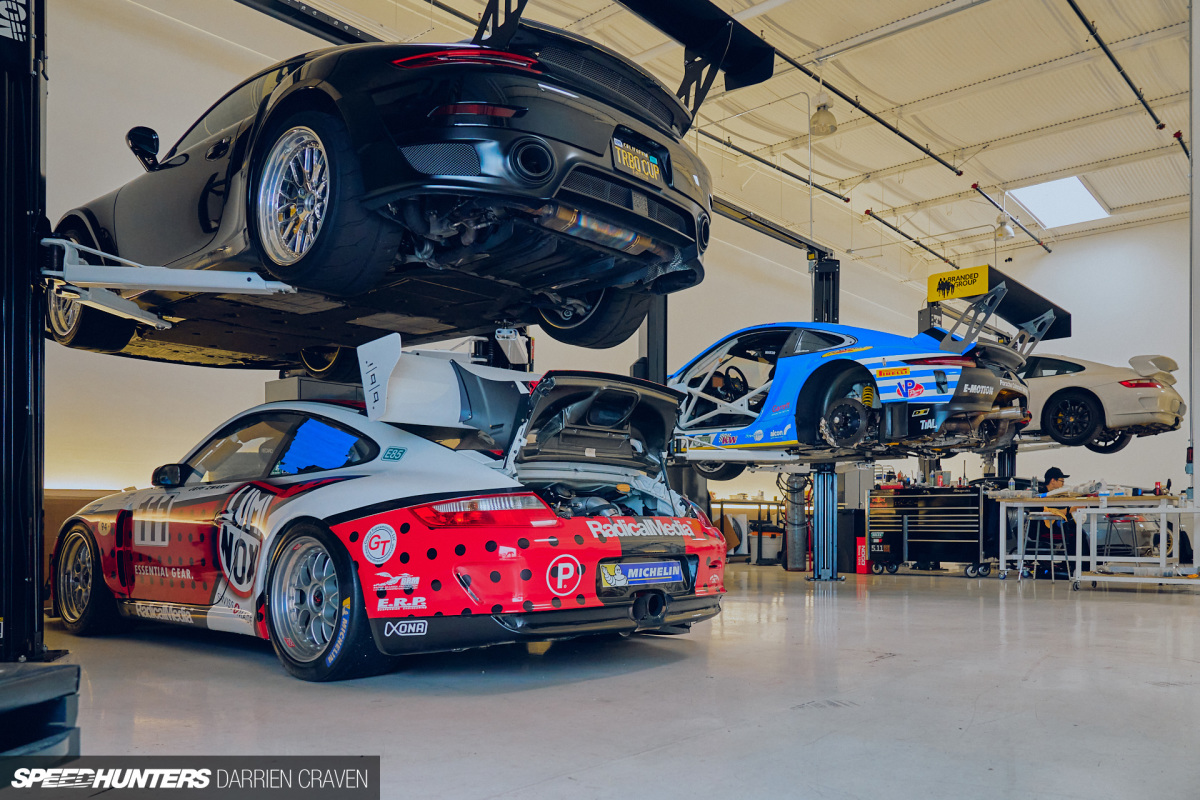
Joey Seely and his Orange County, California-based business E-Motion Engineering have battled Pikes Peak several times in the past. Mid-pandemic, they campaigned a 935/19 driven by Jeff Zwart, who is also definitely no stranger to the hill. A 16-year competitive PPIHC veteran, Jeff has eight class wins and three class records to his name, and two years ago he and E-Motion finished 2nd in class and 5th overall.
The 2020 result was impressive, but in Joey’s own words… “I have never been interested in racing just to participate. I always plan to win and have a really good track record when it comes to that.”
The Team
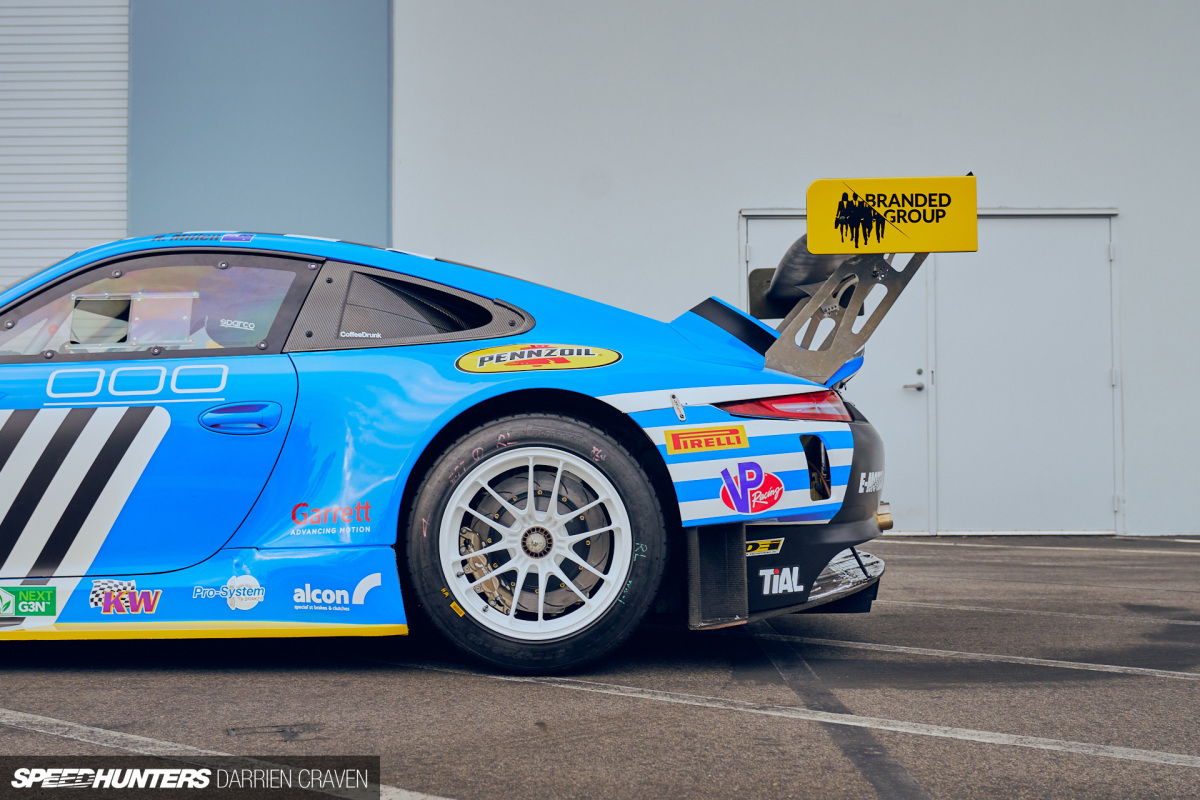
Conquering Pikes Peak is a team effort requiring a fanatical amount of dedication. With Joey launching a parts side to his company in 2021, it wasn’t feasible to campaign a car in the same year. But as business expansion was underway, Joey did manage to keep the PPIHC in his peripheral.
For 2022, E-Motion is back, and their 2016 GT3 R will be one of at least two noteworthy Porsche race cars on the start line this year. We’ll touch more on that part of the competition later.
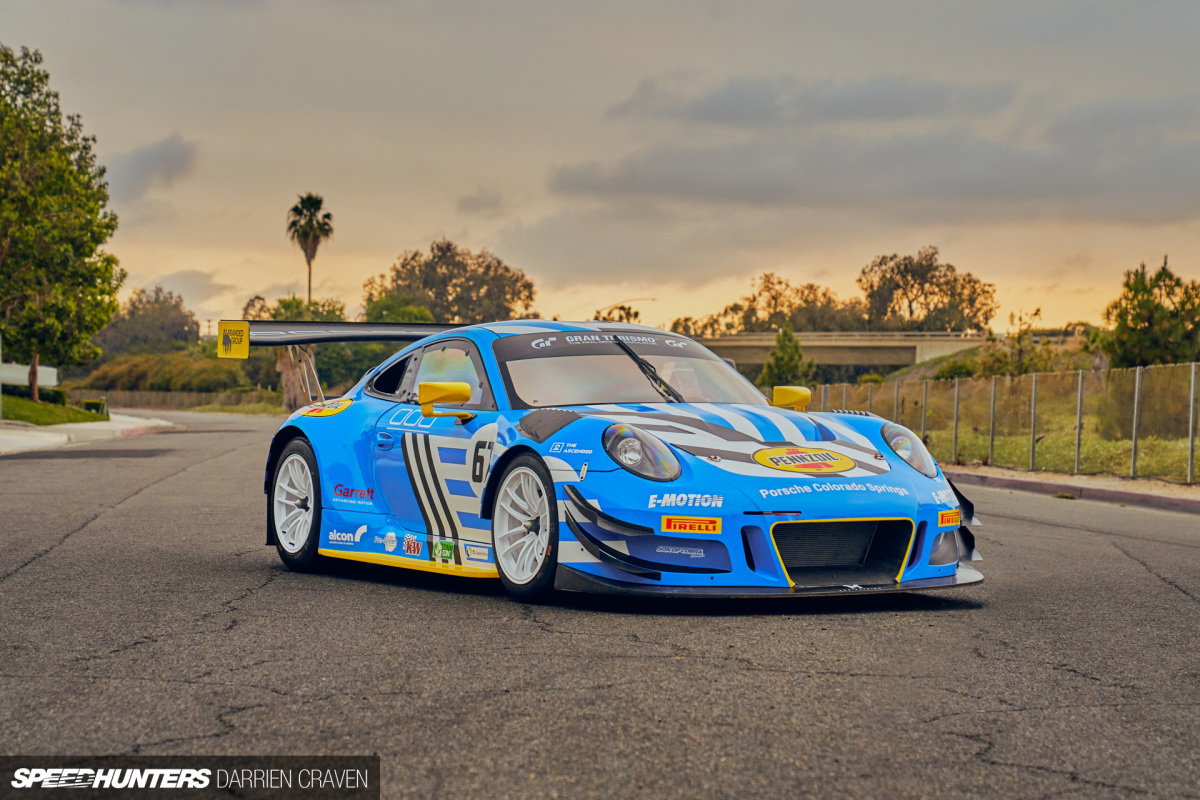
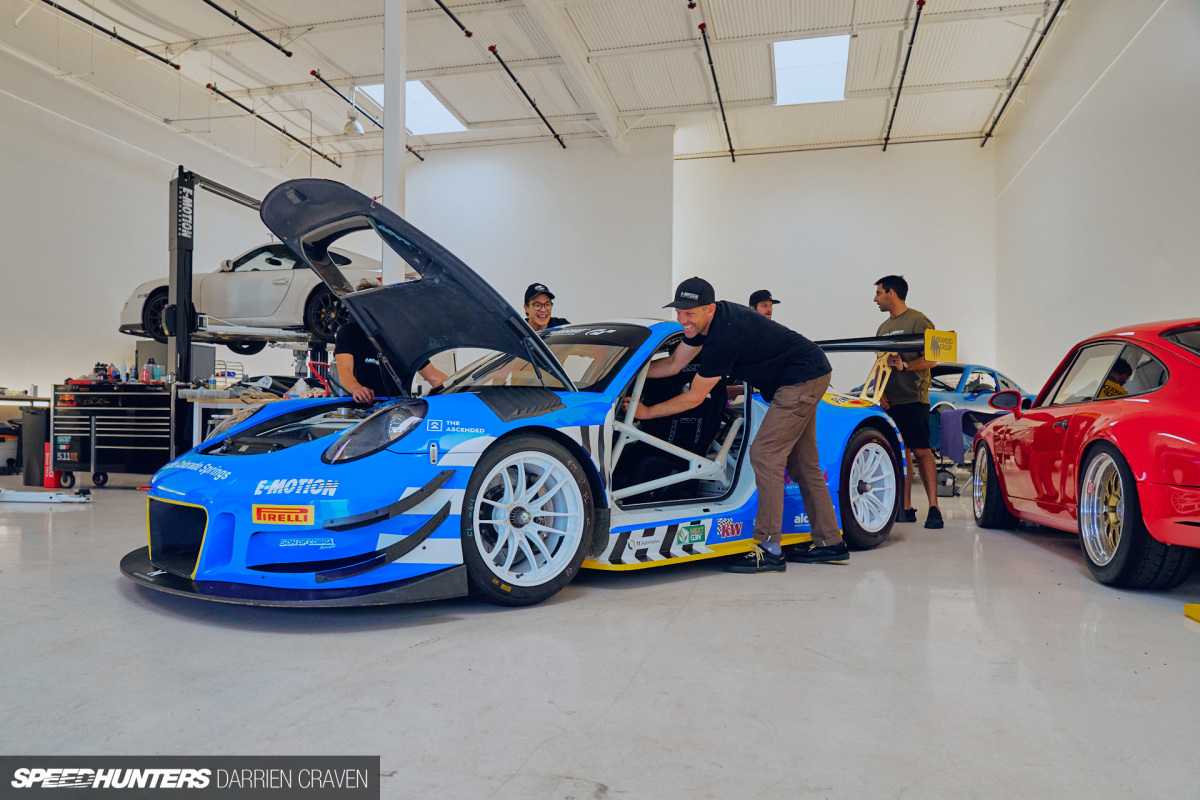
From 2013 to 2015, Joey campaigned a turbocharged 997 GT3 Cup for Jeff, resulting in two podiums and a win in PPHIC’s Time Attack 1 class. The platform proved to be formidable, but it was always Jeff’s dream to apply the same equation to a more competent GT3 R platform. The GT3 R’s larger tires tuck under wider body panels, and coupled with lighter weight and superior aero, it could work extremely well on the mountain – it just needed boost.
Seven years later that dream build has come true with Jeff’s encouragement, although he won’t be in the driver’s seat come race day. Jeff is supporting the program with some development driving, but for the 2022 PPIHC he’ll be back behind the wheel of the 935/19 from 2020, with E-Motion’s support.
For this GT3 R build, Joey and his team have joined forces with 13-time Pikes Peak International Hill Climb class winner and two-time ‘King of the Mountain’, Rhys Millen.
Conveniently, after being forced to retire the Bentley GT3 he dominated Pikes Peak practice in last year, Rhys was looking for a new ride in 2022. More than just a matter of convenience, Rhys and Joey also have a direct history as well; Joey re-engineered the Hyundai Genesis that Rhys drove to a class win at the the 2017 PPIHC.
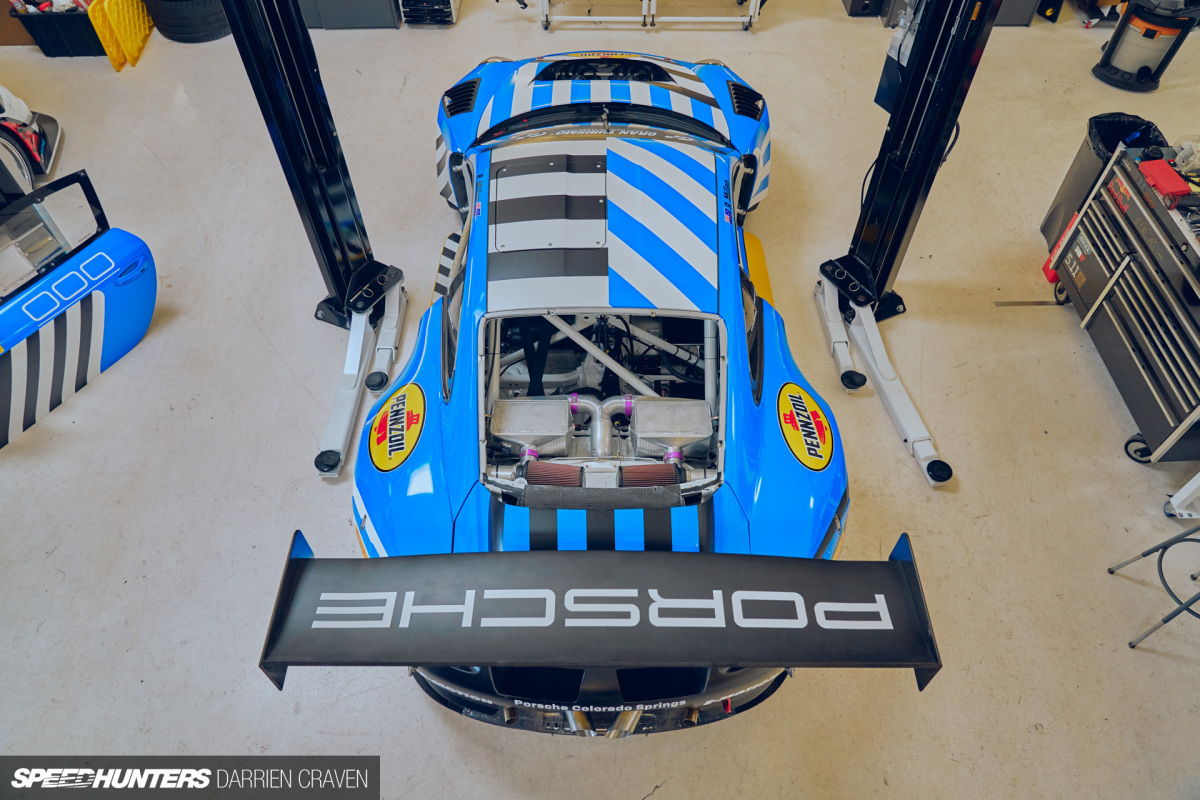
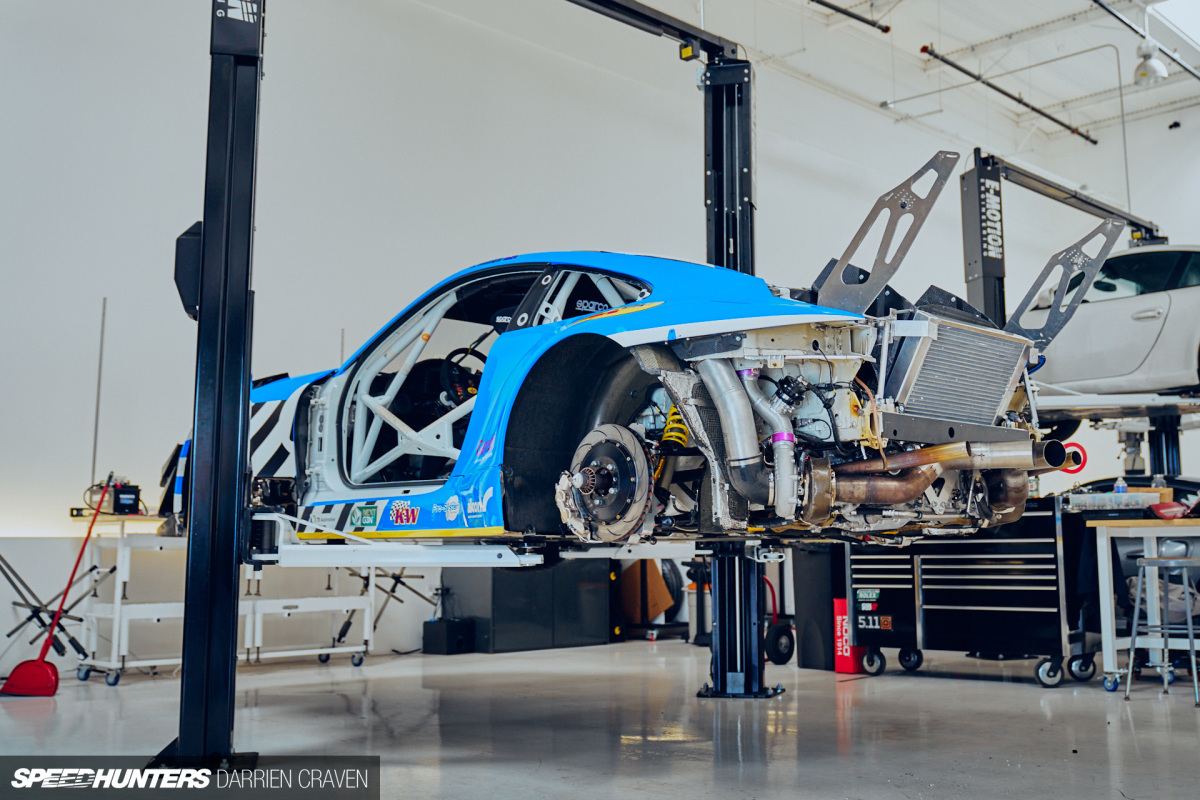
In preparation for the 2022 PPIHC, the crew as a whole has been working diligently for six months. Joey has personally worked 80 hours every week of this year to make the car incredibly competitive. This blinding devotion to the project has resulted in literal blood, sweat and tears. There’s been no exorbitant fanfare, hype or anything of the like, just pure passion devoted to one goal: winning.
Amidst this chaos, we managed to get a few minutes with Joey to ask what he and the team are bringing to the table and how it all came together.
The Challenge
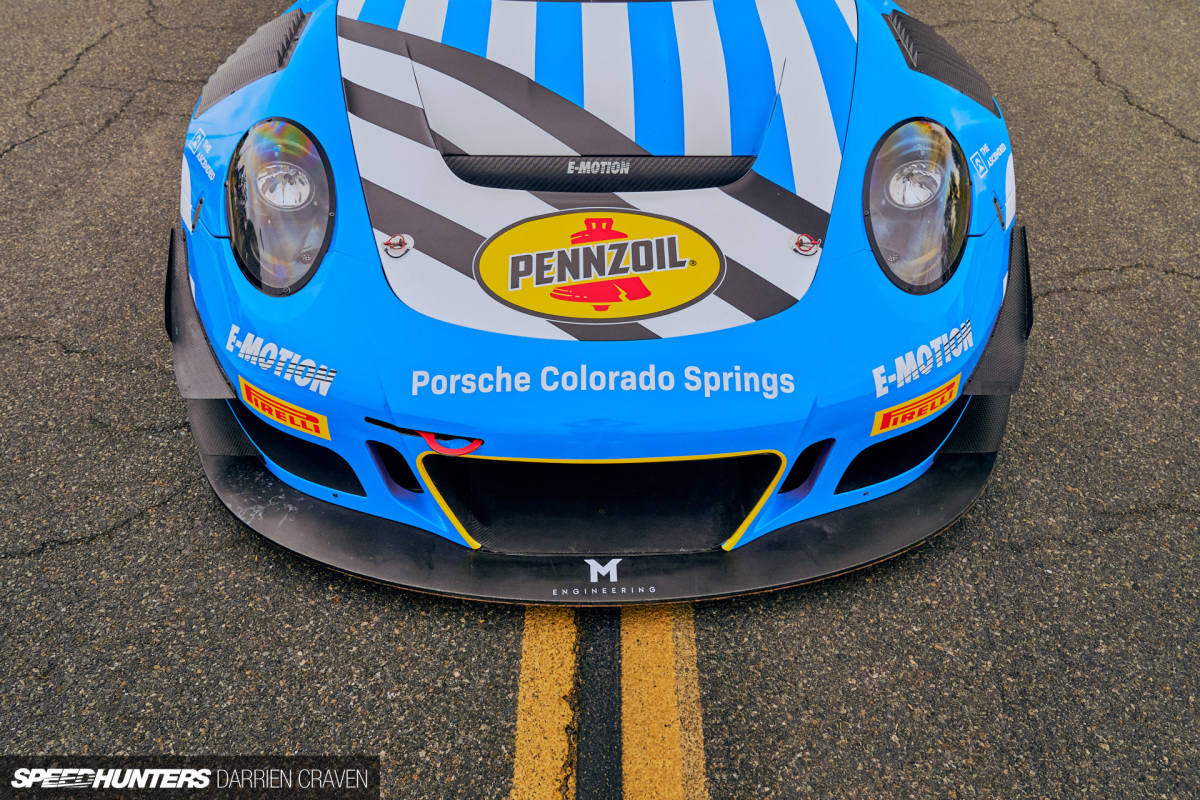
I’ve already described Pikes Peak as one of the most significant motorsport challenges to ever exist, but as a mere spectator my armchair opinion doesn’t hold much weight. On that topic, Joey starts: “For me, Pikes Peak stands in a league of its own. There is nothing that requires such a unique approach to chassis engineering and temperature management. I have never set up a circuit racing car even remotely close to what we do to these Pikes Peak cars. This year is no exception.”
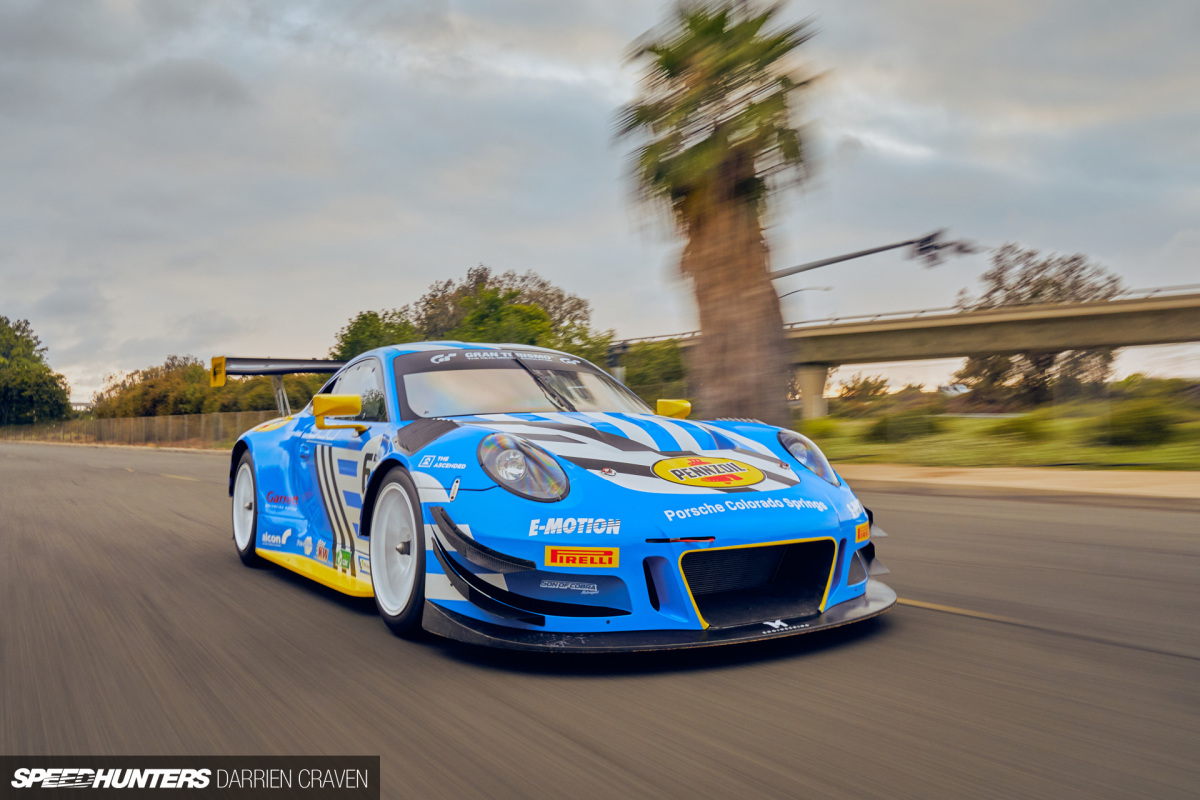
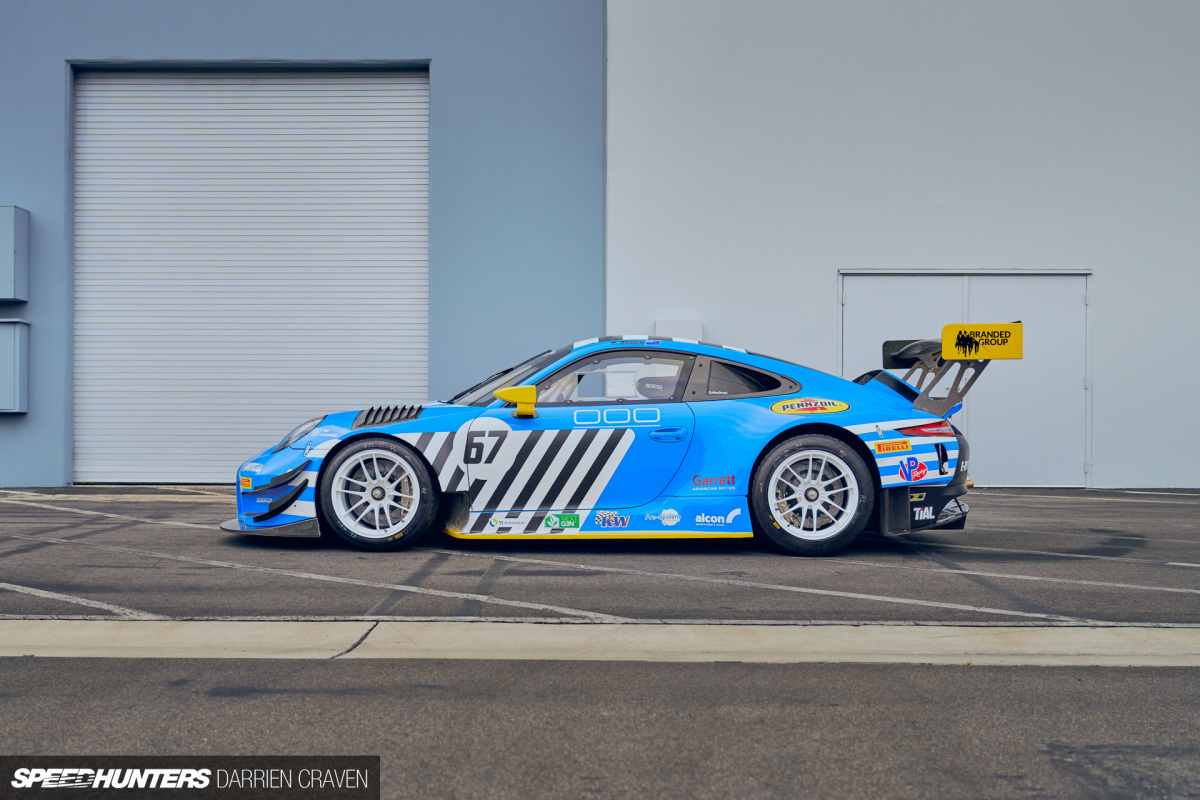
The combination of Joey, Jeff and Rhys has ’92 USA men’s Olympic basketball ‘Dream Team’ vibes. That is, to those unfamiliar, near unstoppable.
From a competitive standpoint having Rhys on the team makes logical sense, but Joey says that it’s more than that. “It was really a dream on top of a dream. I was building my dream Pikes Peak car – and Jeff’s – and couldn’t possibly have asked for a more experienced and talented driver to pilot it to victory. He [Rhys] is not only extremely good at race driving, but his experience [at the PPIHC] is crucial. His approach to development of the car as a whole is also a huge advantage.”
“We are trying things with the chassis I have never delved into in past efforts at Pikes Peak. The level of perfection in engineering and craftsmanship required to win at that level is just as important to achieving success on this ominous 14,000ft mountain.”
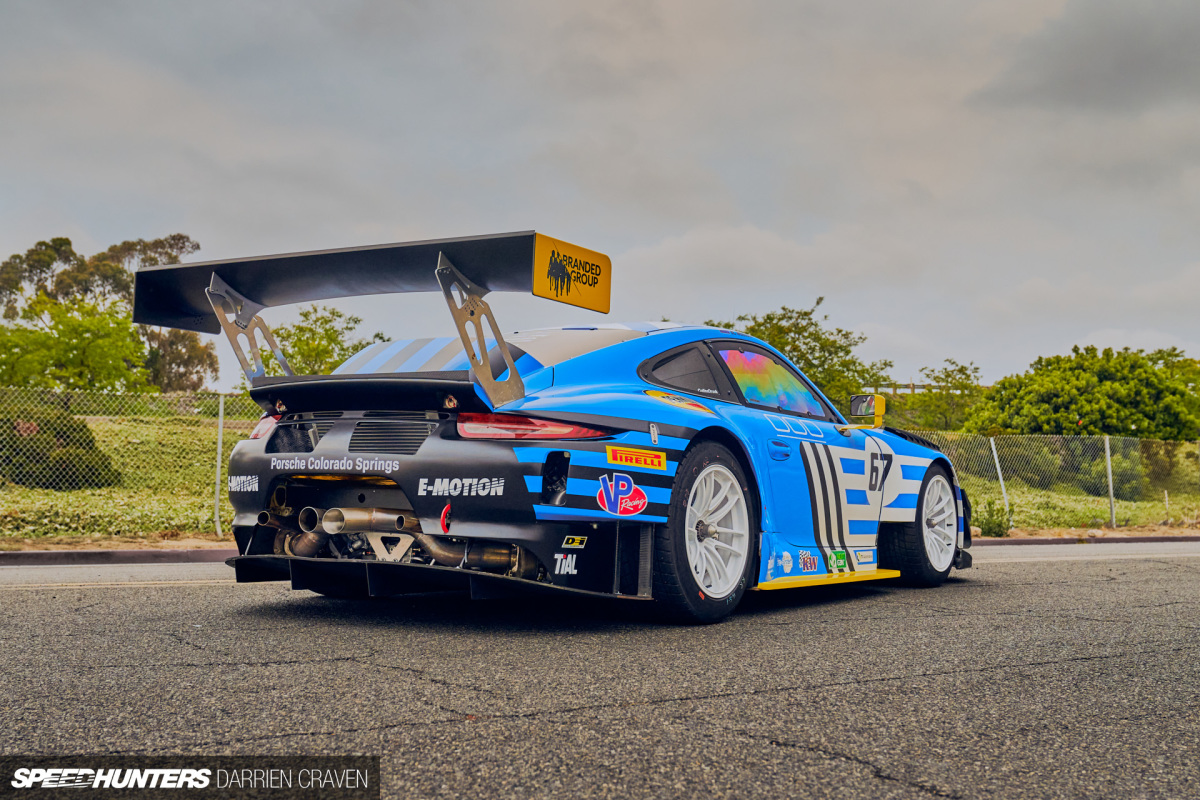
Again, the progression of this project didn’t happen overnight. The retried 2016 GT3 R (a factory race car version of the GT3 RS road car) was purchased in August 2021, and Joey began formulating his build strategy on the day he picked the Porsche up. Like any project, several hours were just spent staring at the car.
A GT3 R is no slouch in stock form, but after hours of assessment, Joey was able to determine where improvements could be made beyond the forced induction engine it would receive. “The heavy lifting started in January with the car taking almost all of my focus seven days a week. We tore the car down to a bare chassis and started over. Everything is new, from the wire loom to every aspect of the cooling system. Now we load up and head to the Rocky Mountains to do altitude calibrations before the first official tests at Pikes Peak this weekend.”
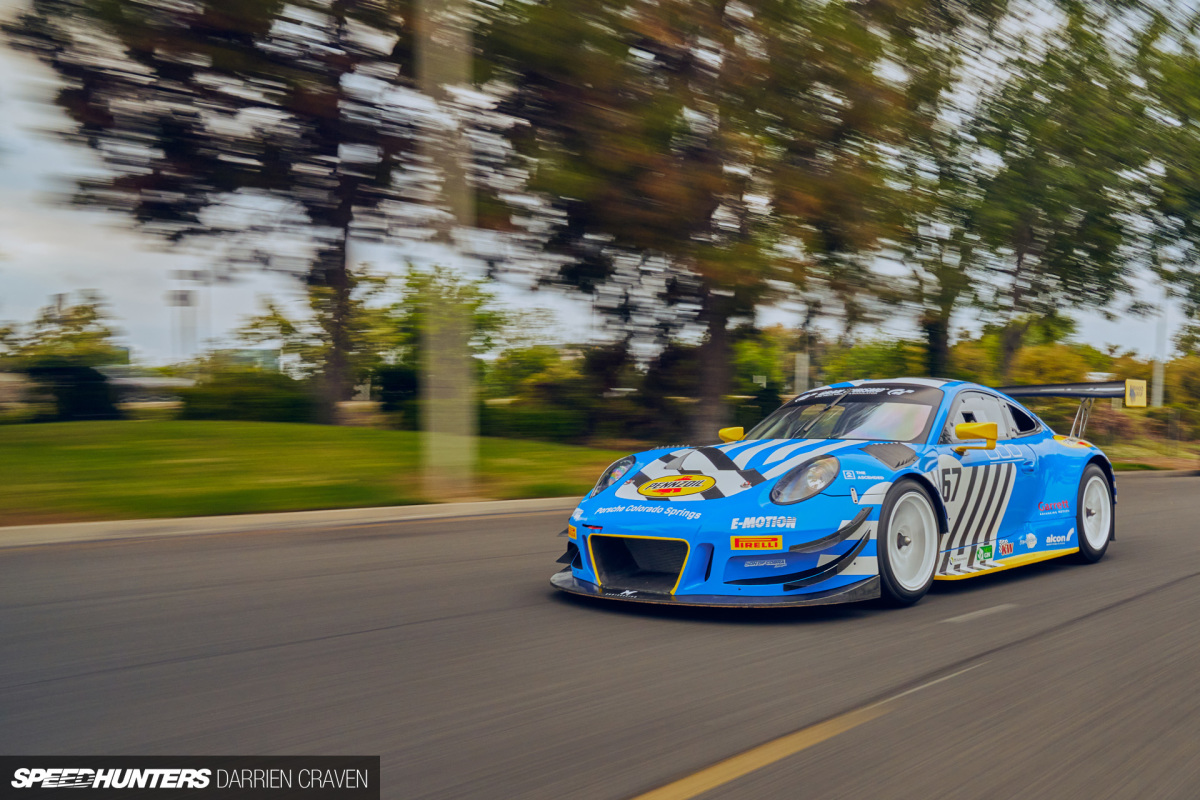
Shakedown testing is where the team will be collecting additional data to make the car better. Rhys will play a critical part in this process, as he has done in the lead up to the event. “He [Rhys] builds winning cars of his own for the Baja 1000, rally, Formula Drift and more. With his methodical approach to chassis tuning and all other aspects of the car, we were able to maximize every lap on track during our three local pre-tests.”
Throughout the process, the significance of this project is something not lost on the entire team. Joey has been behind some amazing builds in his career and has the accomplishments to show for it, yet… “This is the first time the build of a race car is all my own. This is also plainly the biggest and best build I have ever attempted in my 22-year career. We have pulled out all the stops. The only limits are timeline and budget, but even the budget is the biggest we have ever had.”
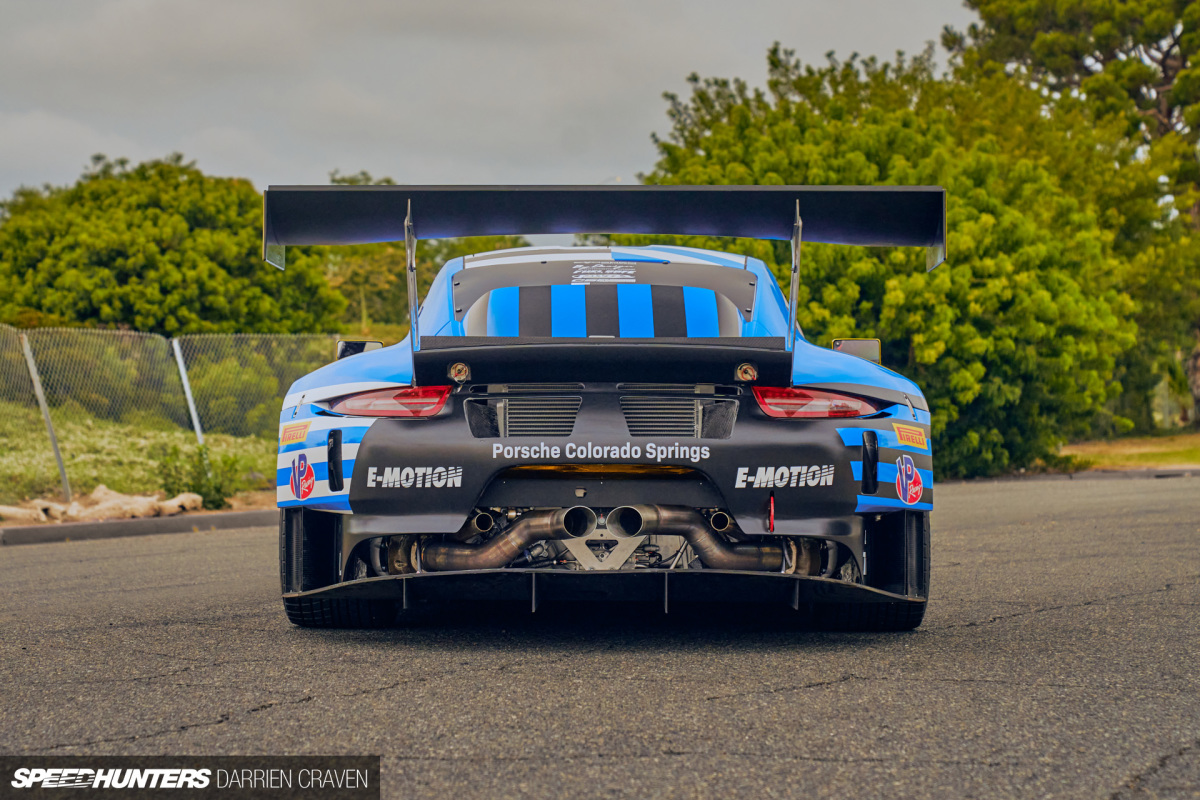
On the subject of budget, several times in our conversation Joey thanked the sponsors that have made this project a reality. The list is considerable and includes Speedhunters official suppliers CSF Radiators and KW Suspensions. Using every ounce of knowledge he’s gained in his years developing race cars and the technical support of this project’s sponsors, Joey is incredibly confident in the abilities of himself and the team.
“We planned to build a car capable of being the fastest Porsche to ever conquer the hill, winning the Open Class, and have a really strong shot to be up there in the hunt for the overall win. I know we are capable of having the strongest chassis. We proved that in 2020 when Jeff Zwart got his first overall fastest Sector 4 time, which is one of the fastest and bumpiest sections above the tree line. With the results of our pre-tests, we feel really good about the strength of the engine, power delivery, efficiency, cooling, brakes and all other aspects.”
The Car
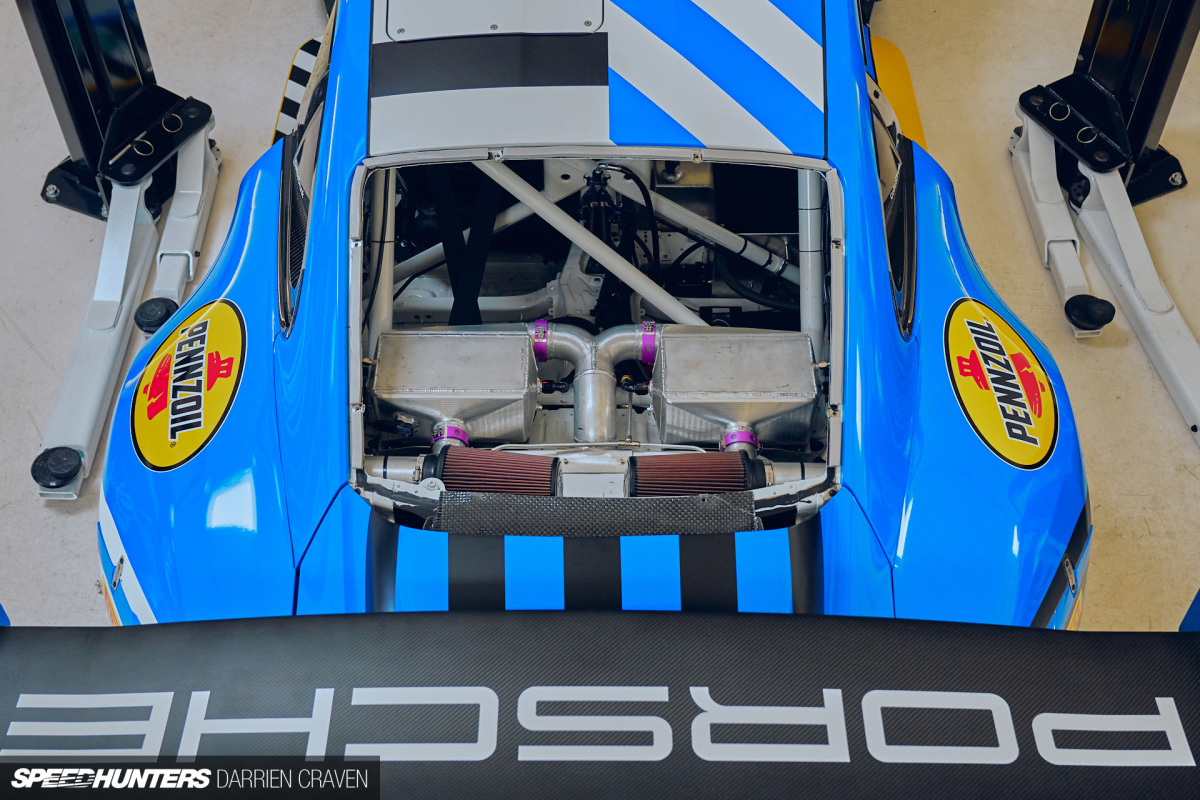
As insane as this might seem to us regular folk, it was clear from the beginning a ‘standard’ race-trim GT3 R wouldn’t be enough car for this challenge. Diving under the deck lid, the engine started as a Mezger 997 GT3 donor, which EvoSpec then built to turbo specifications. The 3.8-litre flat-six now features CP forged pistons and Carrillo forged connecting rods. A Silly Rabbit billet intake manifold has been reverse-mounted to allow for better packaging.
E-Motion designed the VP Racing X85 ethanol-based fuel system which, because of the forces involved in the climb, features a Fuel Safe E85-compliant cell with the necessary bladder. There’s also a Radium Engineering surge tank to ensure consistent fuel pressure.
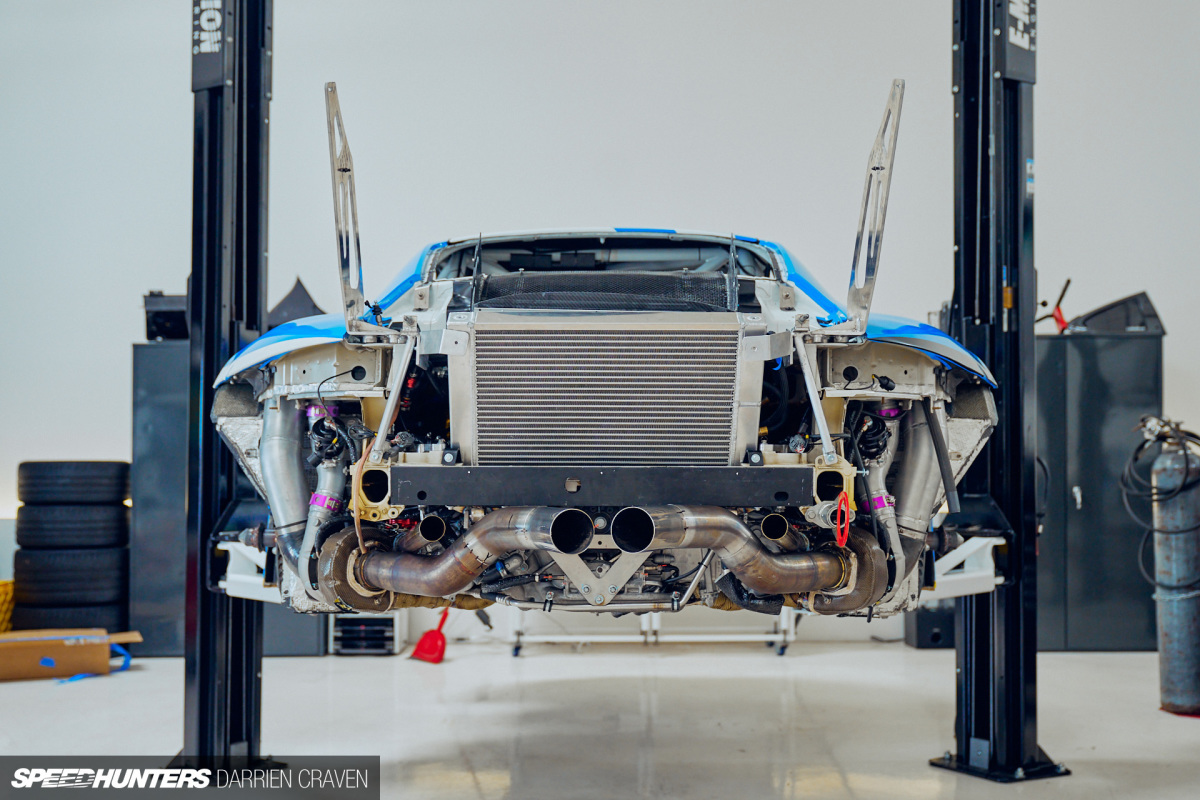
Cooling is exceptionally important in every form of motorsport, but the thin air at high altitude makes it even more crucial at Pikes Peak. The cooling system in this car was quite an engineering challenge for the E-Motion team who teamed up with CSF Radiators and PWR. Since 2020, PWR have been a strategic manufacturing partner for CSF, cooperating on small run, ultra-high performance cooling solutions for motorsports and aftermarket applications. PWR’s cooling product actually came standard in the GT3 R.
Based around two CSF high performance air-to-water 12x6x6-inch intercooler cores, the entire air-to-water system was built so that pressure drops would not be a concern throughout the car’s Pikes Peak ascent. A passenger floor-mounted water tank is plumbed to an electric water pump via -16 and -8 lines, and everything coming off the tank and pump is -16 before splitting off to -8 fittings for each intercooler. The exit flow of water then meets at another -16 Y-fitting as it returns into a front-mounted heat exchanger – designed by Joey and CSF and custom-made by PWR in Indianapolis – positioned ahead of the GT3 R factory PWR radiator at the nose of the car. Wiggins clamps are used throughout the charge air side for reliable and secure unions.
Water-cooling is just part of the issue; oil temps must be considered as well. After testing, a rear-mounted engine oil cooler proved to be the best solution for the application.
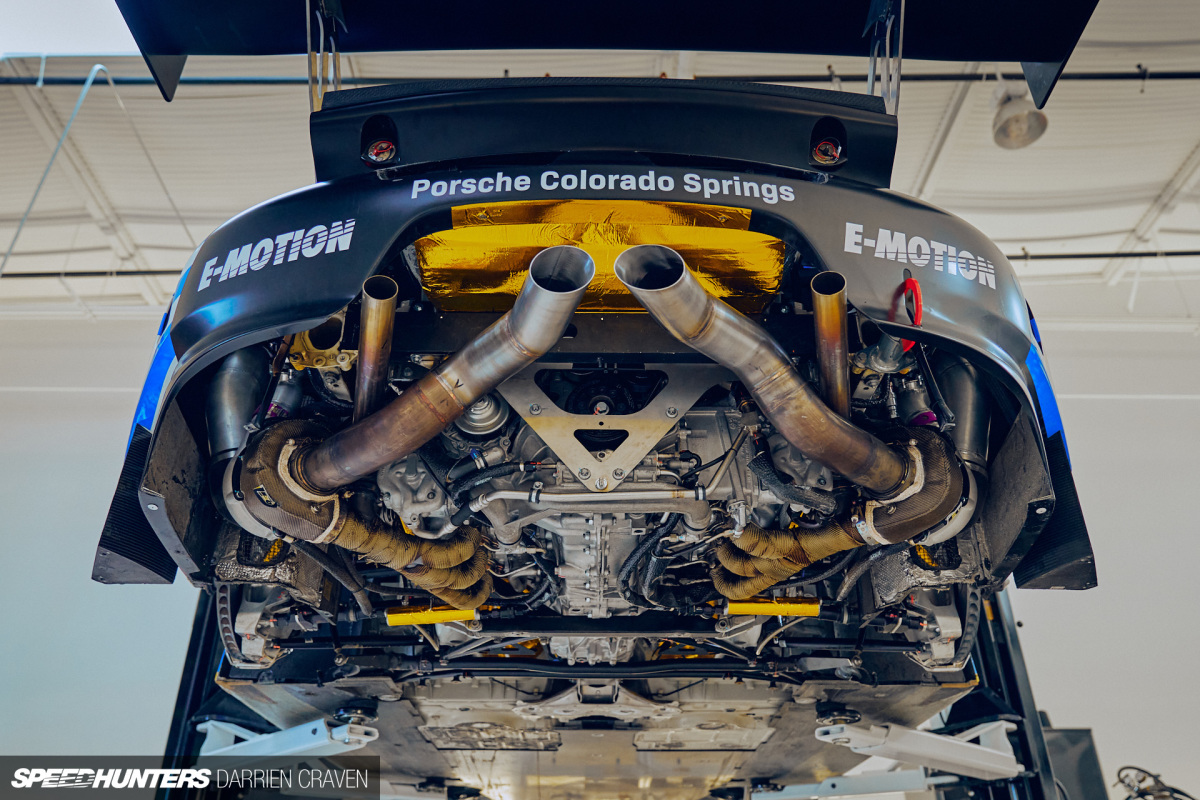
E-Motion designed the forced induction system which utilizes mirrored Garrett G35-1050 turbochargers with custom hot housings. TiAL provides the wastegates and blow-off valves, while the headers were built by Reid Washbon Racing Exhausts and Logan Hinesly.
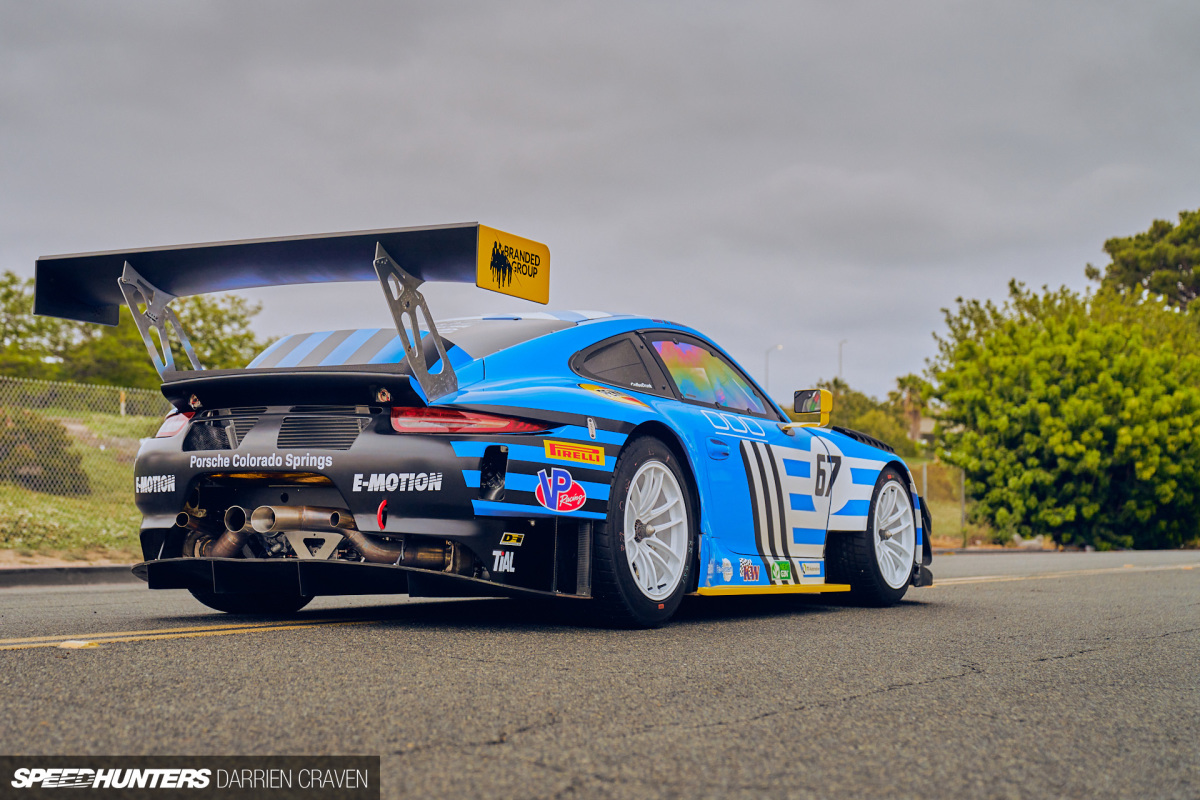
The result of all this work is an engine that delivers a baseline 1,000whp at 8,000rpm and 700lb/ft at 4,500rpm. These numbers were made at “just” 18psi of boost pressure.
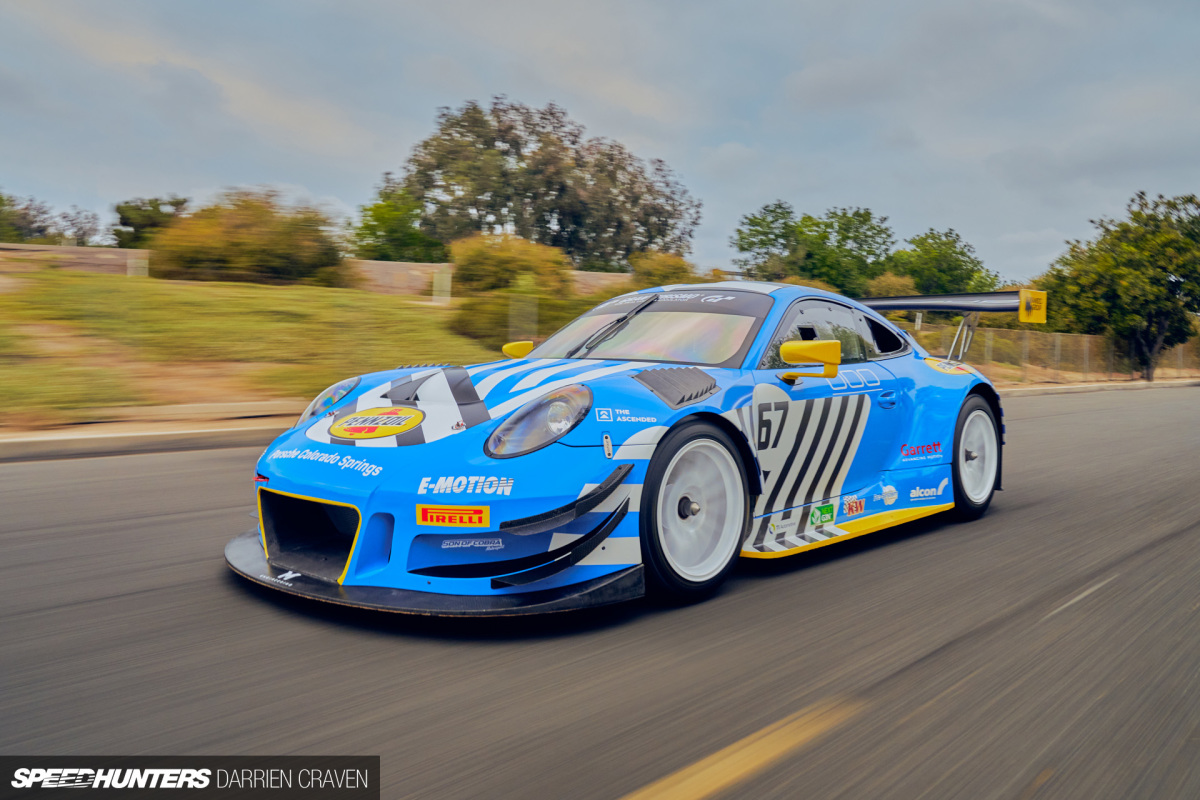
Horsepower of a quad-digit quantity needs the right suspension, brakes and tires, and starting with the former, E-Motion provided the front arms and tension links straight off the shelf. KW Competition 3-way dampers feature at all four corners, and these have been modified further to E-Motion spec with 2-inches of extra compression stroke designed to handle the bumps at the top of the mountain. The hill has been paved, not tamed.
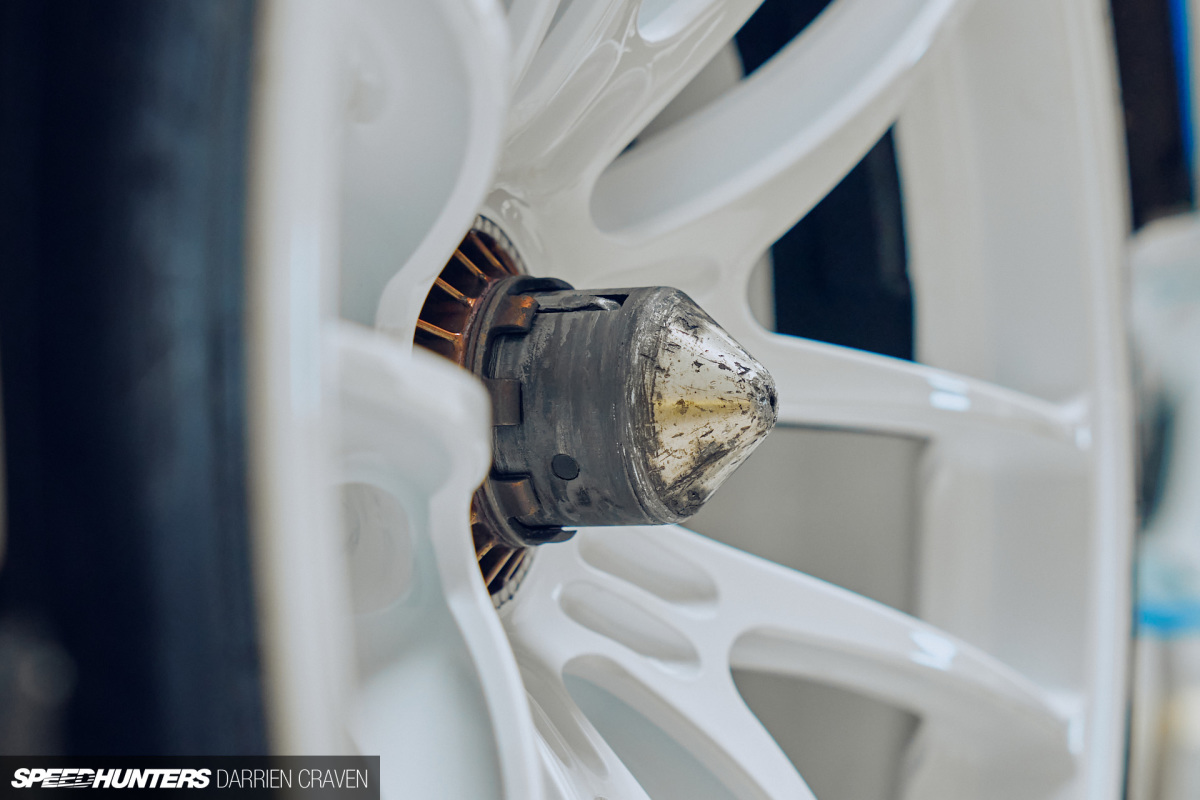
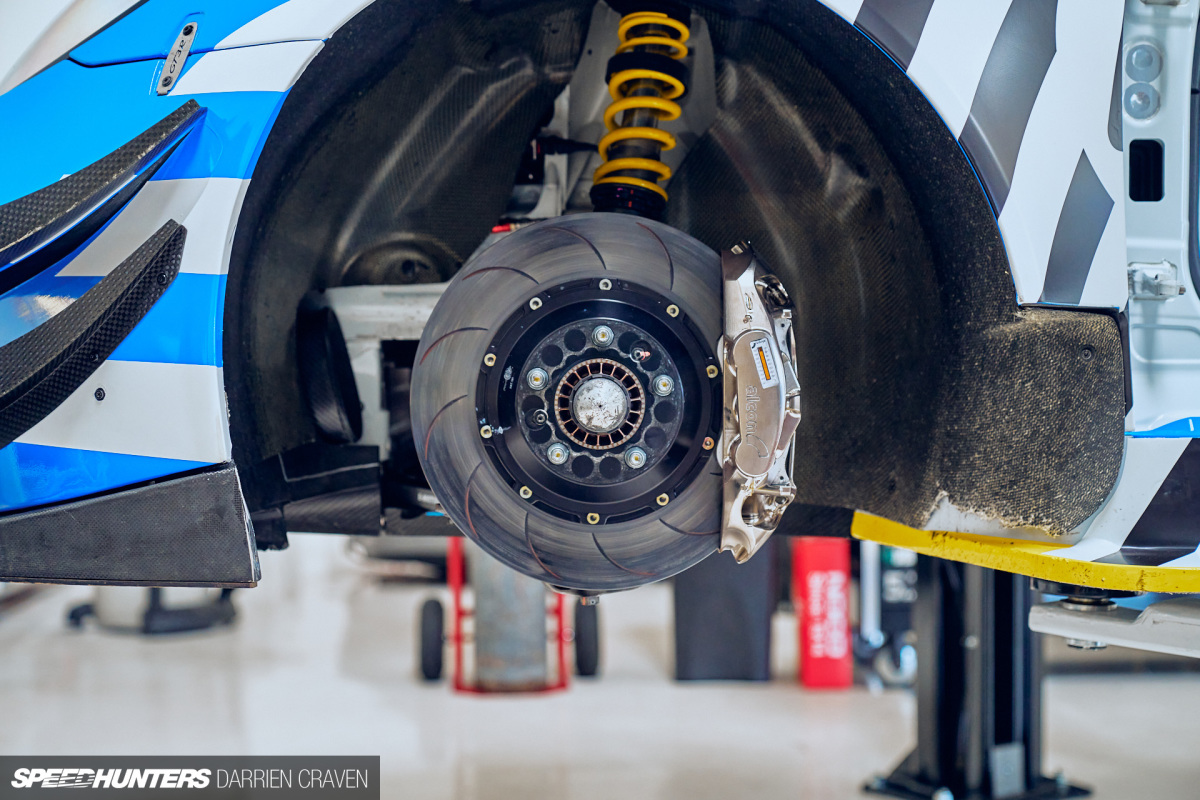
The brake system features Alcon 6-piston front and 4-piston rear calipers loaded with E-Motion Pikes Peak-spec pads, and 380mm discs front and rear. Bosch Motorsport provides the ABS.
Finally, in terms of roadholding, the GT3 R is fitted with 18-inch center-lock wheels, now wrapped in 325/680 and 325/705 Pirelli slicks front and rear respectively.
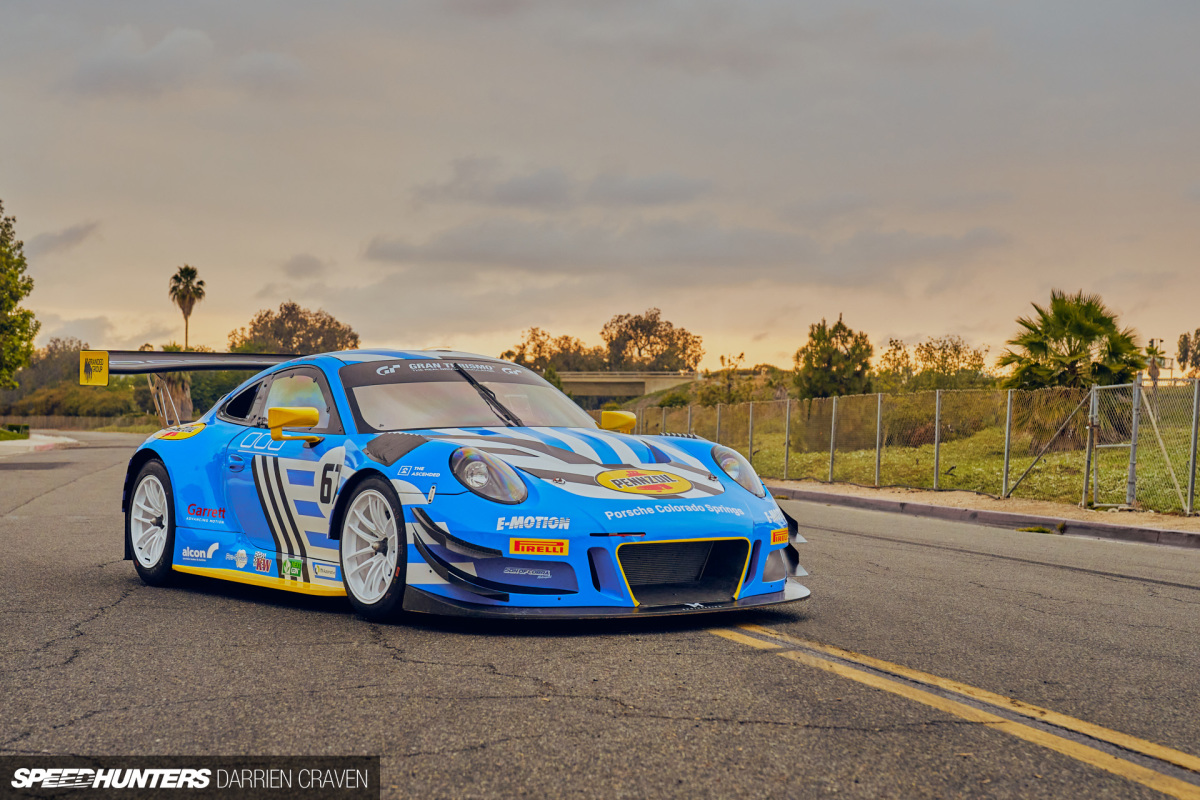
GT3 Rs come from Porsche with a carbon body and and aerodynamics suitable for most applications, but there was room for improvement for the task at hand. E-Motion and carbon fiber specialists Son of Cobra saw to the entirety of the exterior modifications. The rockers are 991 RSR-style items, while the quarter glass replacement intakes were custom-designed. The wing-style door mirrors and vented hood are production pieces born out of the E-Motion and Son Of Cobra collaboration.
Son of Cobra also worked their magic on the GT3 R front bumper, which has been rid of its OEM fog lights and modified for extra downforce. For improved cooling, the bumper’s opening was also enlarged.
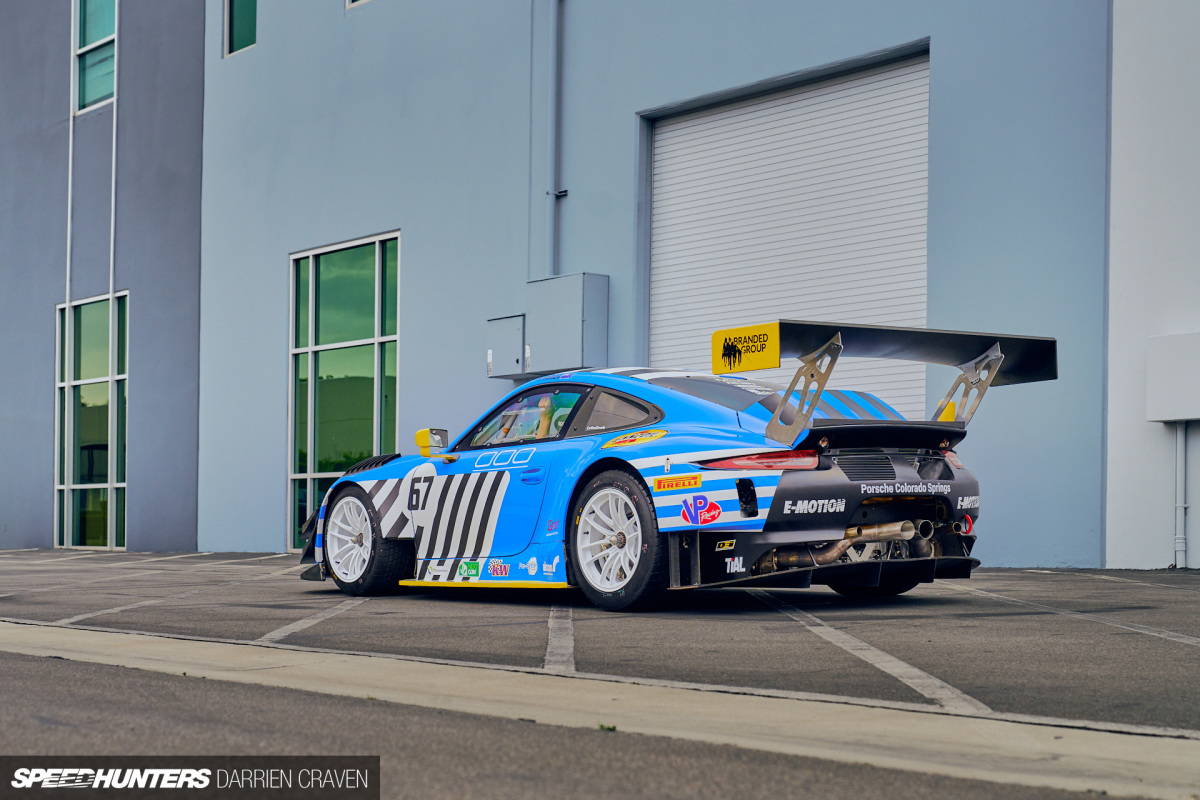
Out back, the deck lid is a modified GT3 R piece with exaggerated versions of the GT3 Cup scoop and Gurney flap. Much of the rear bumper has been stripped away for radiant heat extraction and oil cooler ventilation.
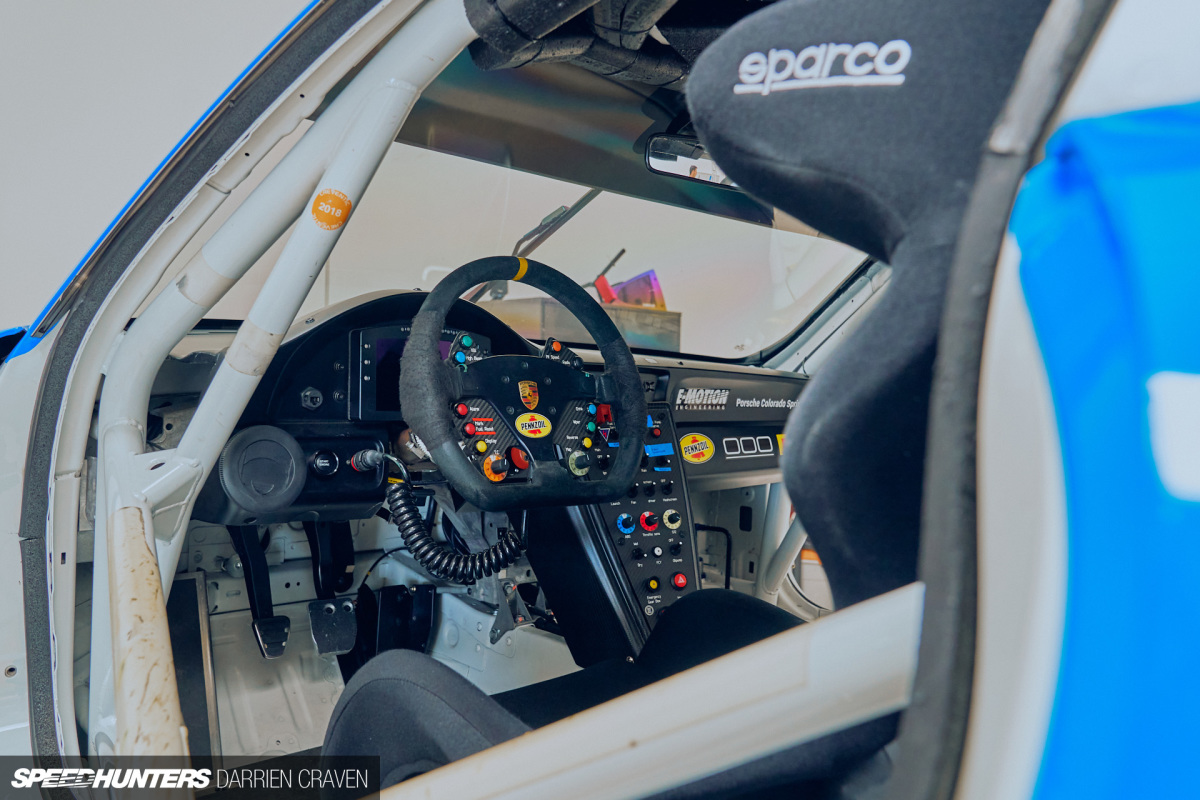
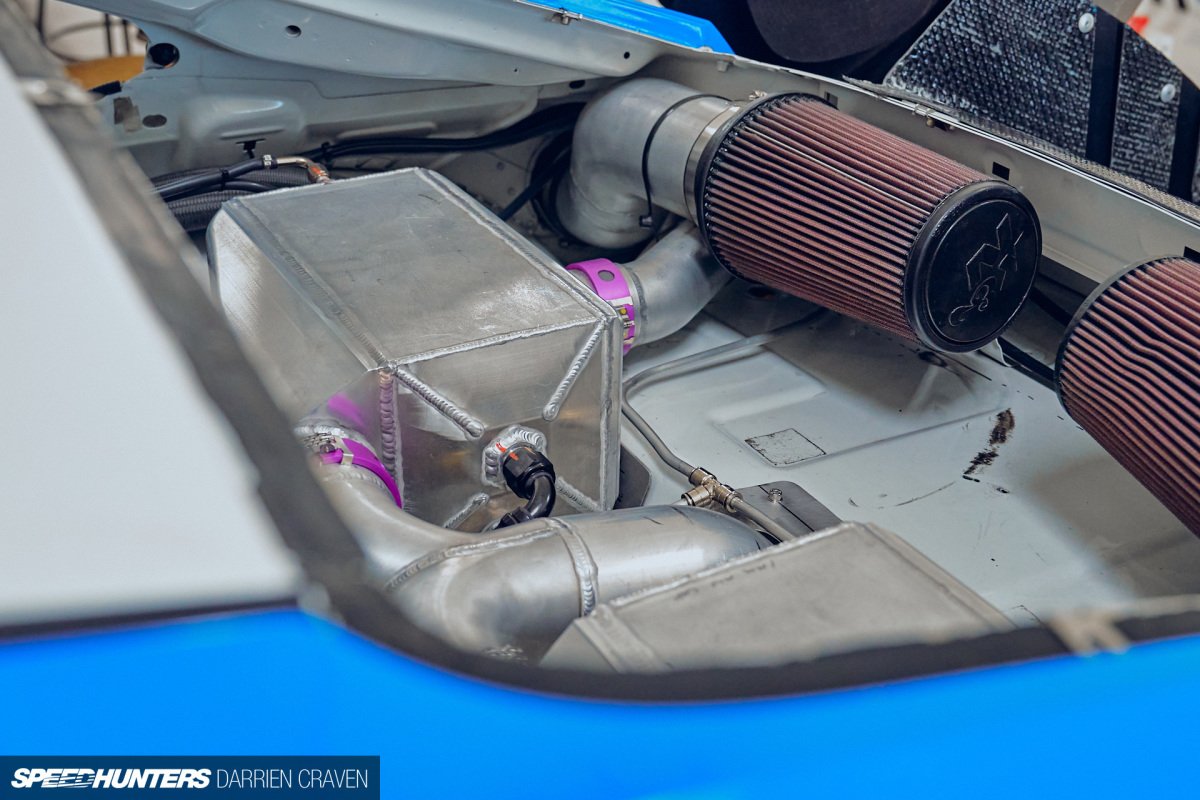
The already spartan GT3 R interior makes up the least modified area of the car. A Sparco Circuit II seat has been installed with a 6-point harness, and in the name of weight distribution, the oil sump now sits alongside the water tank in the passenger seat area. The CSF air/water intercoolers are located above the shock towers behind the driver. This placement is one of Joey’s favourite details of the build.
The Future
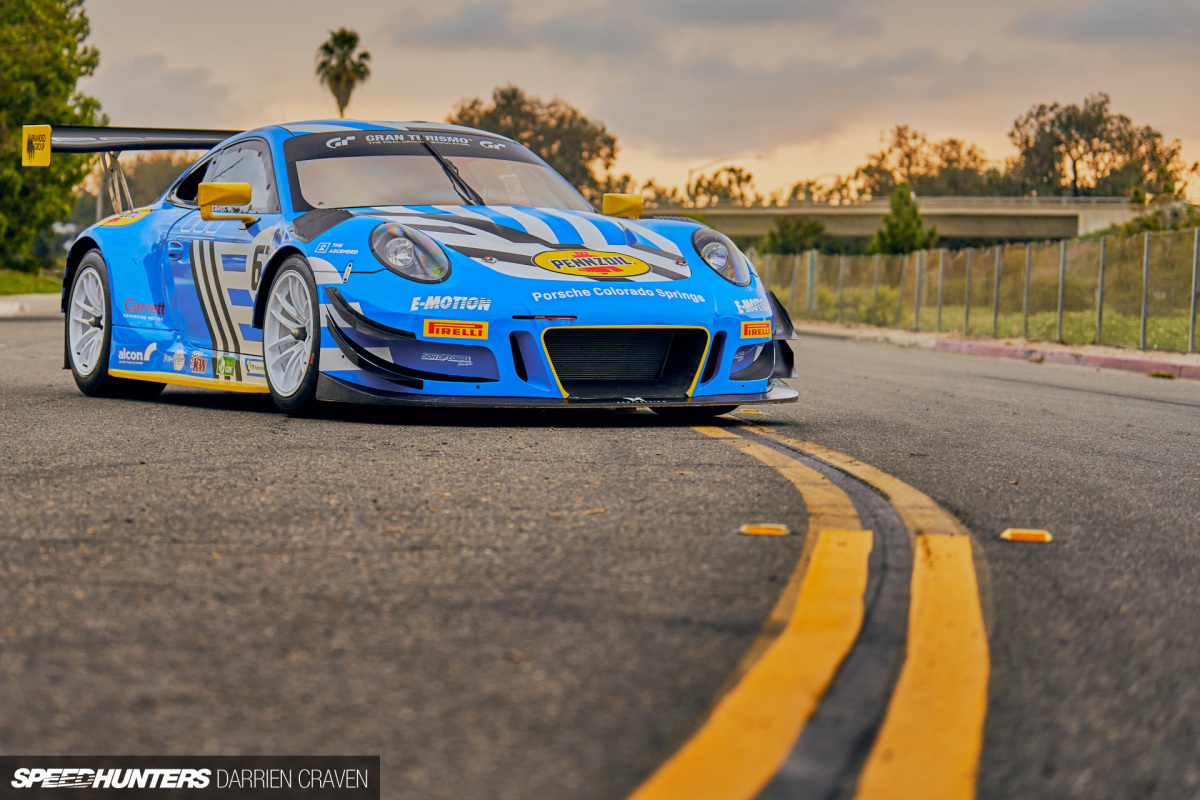
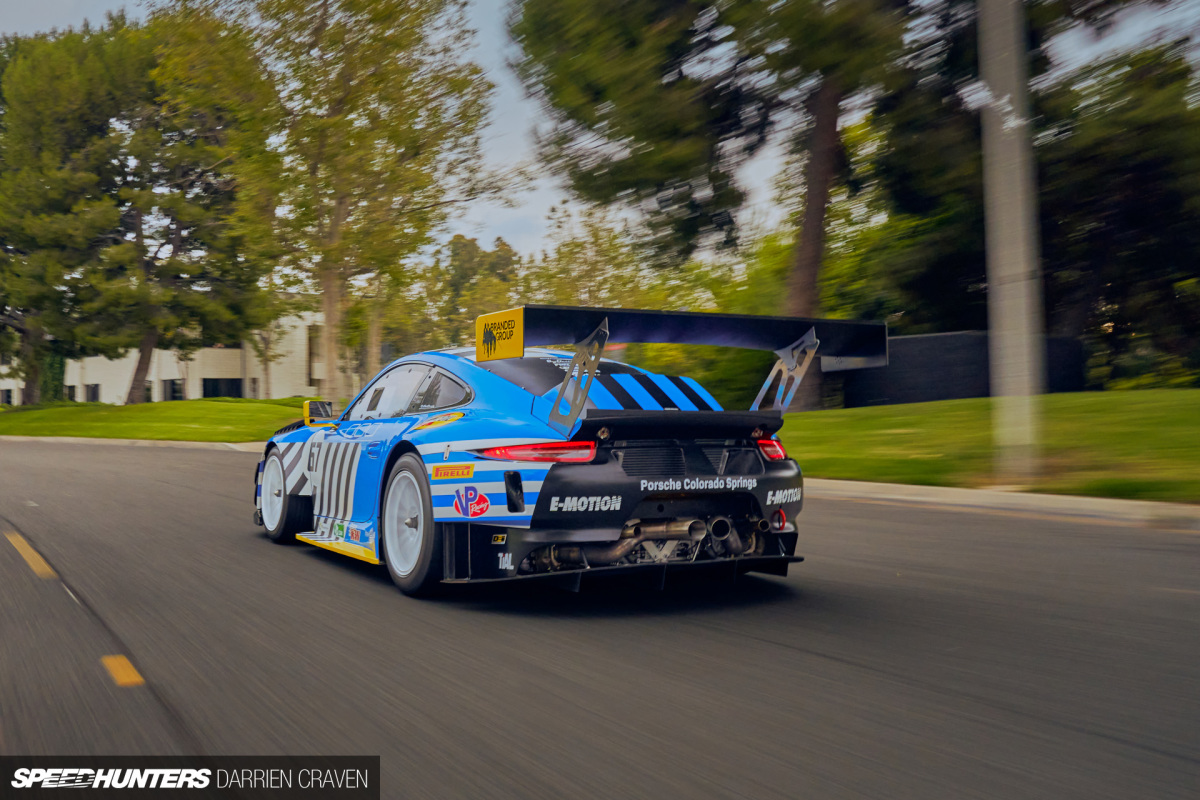
Joey, Jeff and Rhys are going to Pikes Peak to win, therefore nothing exists in this project without considerable thought and purpose. This includes the minimal, asymmetrical 100-line livery designed by Wade Devers, which commemorates the event’s 100th year.
The E-Motion team is currently, solely fixated on one goal: PPIHC domination. The internet will bill event this as Porsche versus Porsche battle with Ken Block’s crew and the Hoonipigasus. Competition is healthy and the reason motorsport exists in the first place, however in this particular instance no car is competition, just the hill. ‘Race the course, not the competition’ is something synonymous with any form of racing, and this is what the team intends to do.
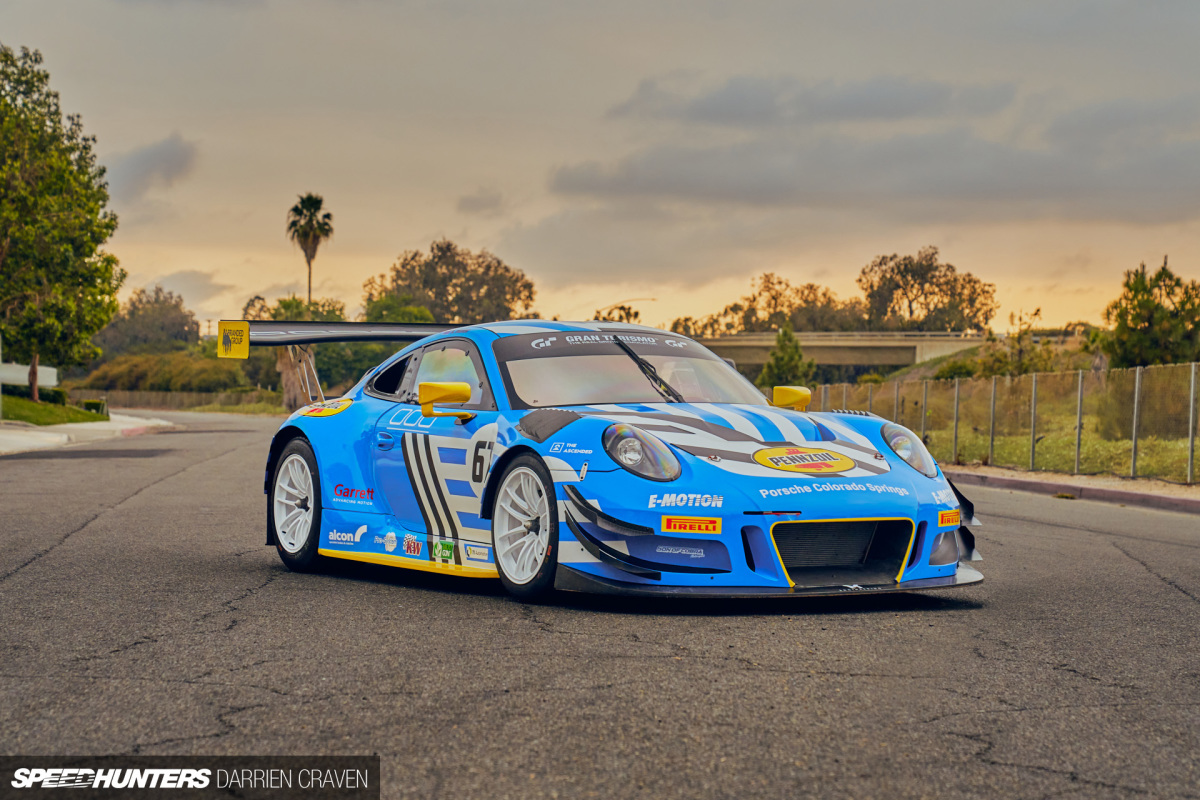
When asked what the future of this car holds beyond this year’s event Joey remains in the moment. “We may decide to play around with it a little and run some time attack stuff, but really, this is a hill climb car and we plan to run it for a few more years. For now, we are only thinking about accomplishing our goals by winning the 100th Pikes Peak and making history.”
Dave Thomas
Instagram: stanceiseverythingcom
Photos by Darrien Craven
Instagram: _crvn_
[ad_2]
Source link

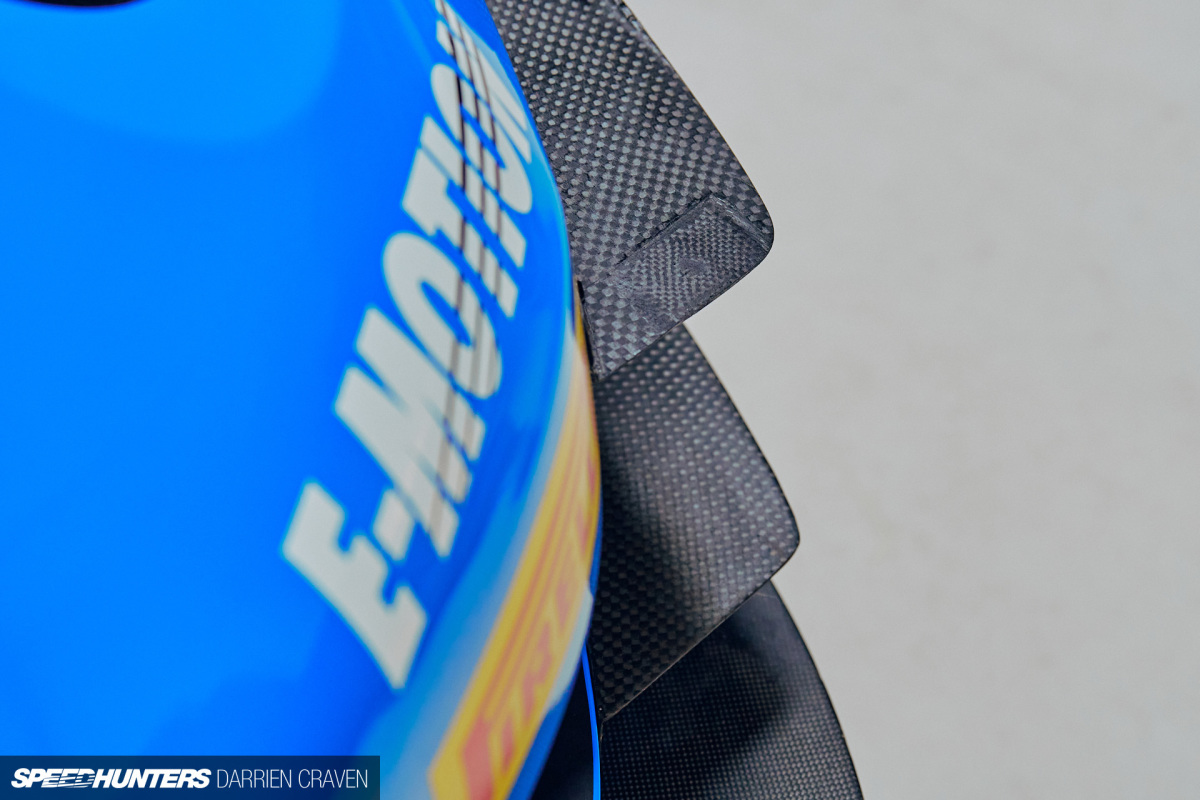
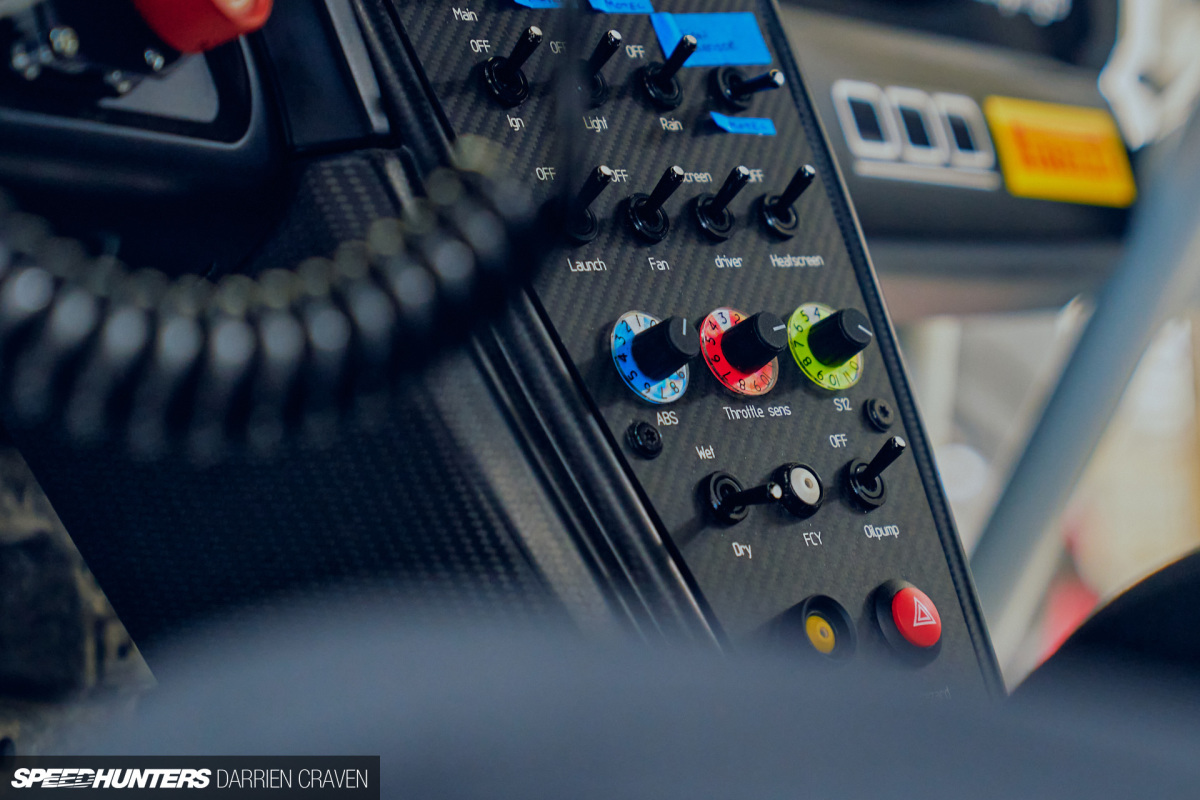
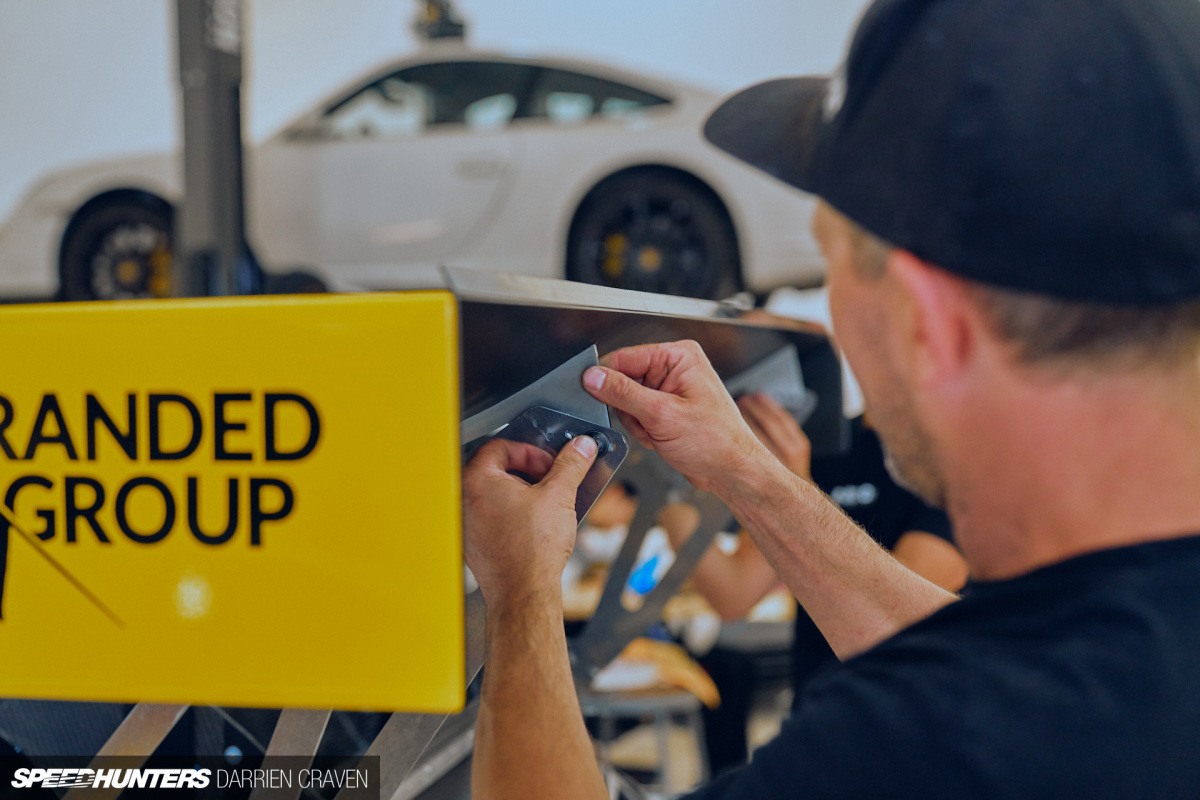
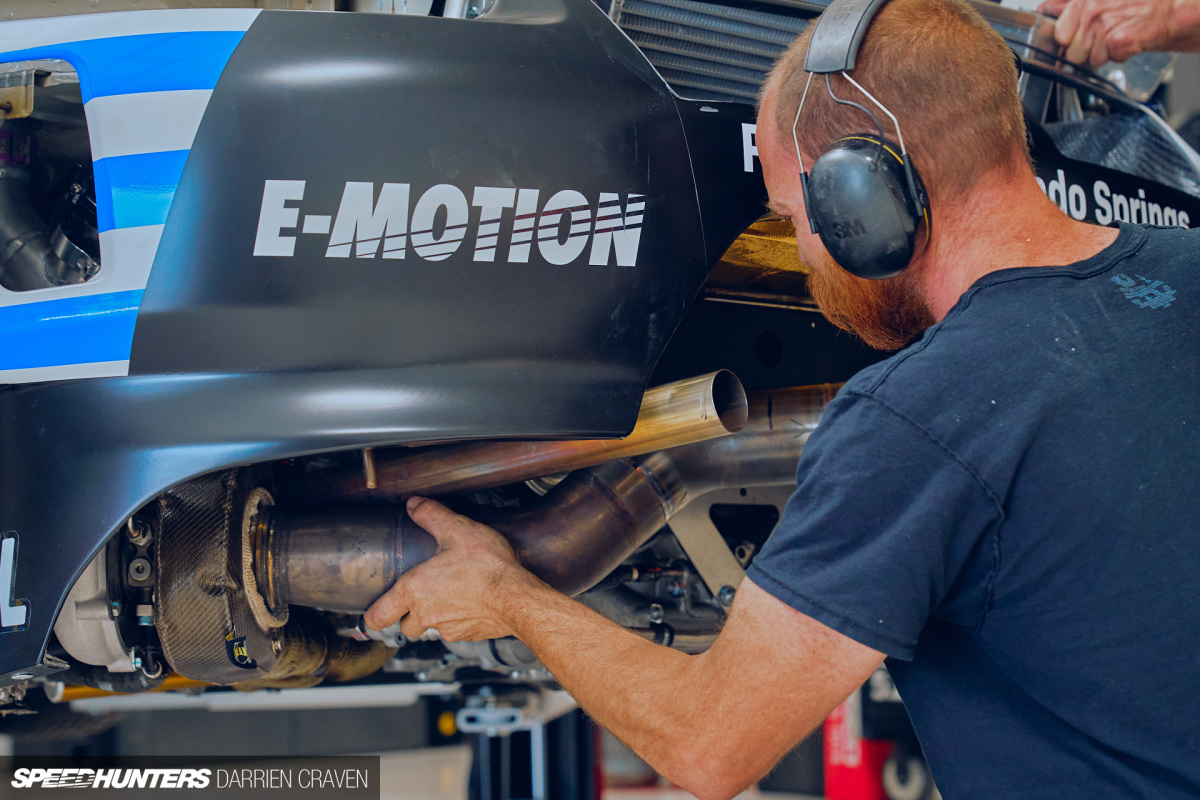
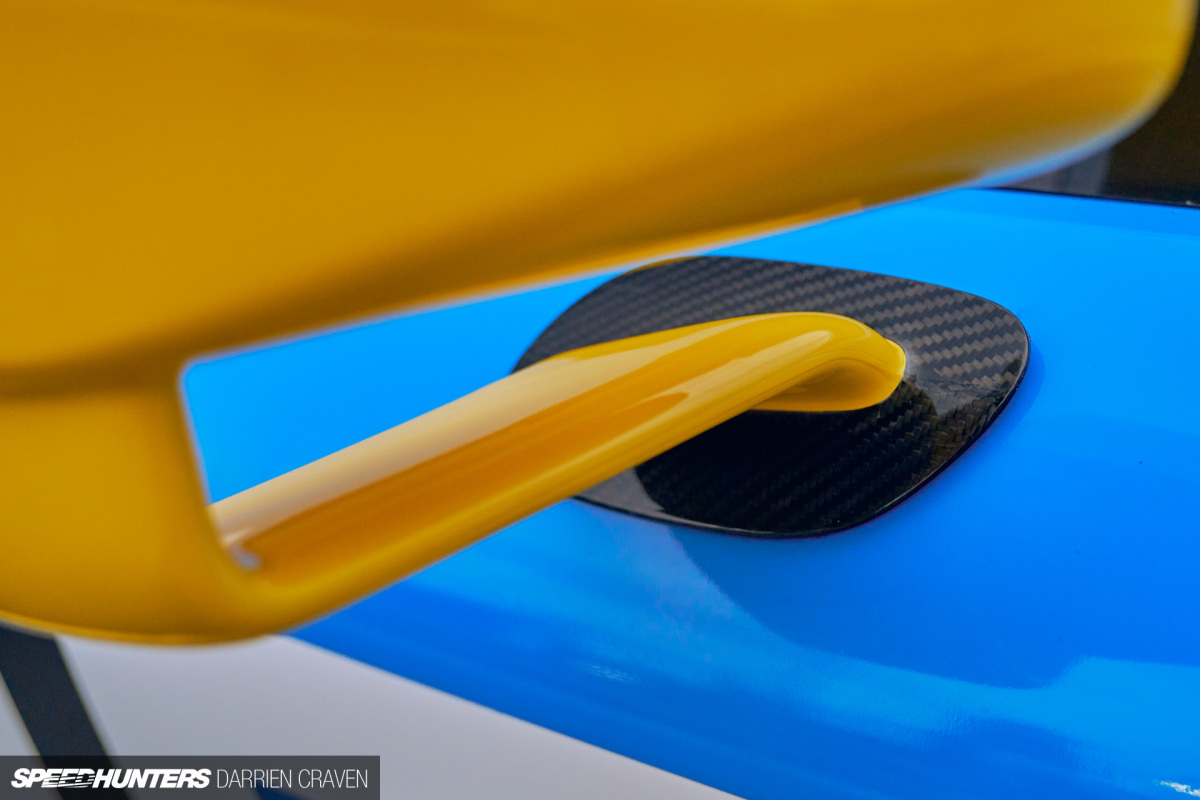
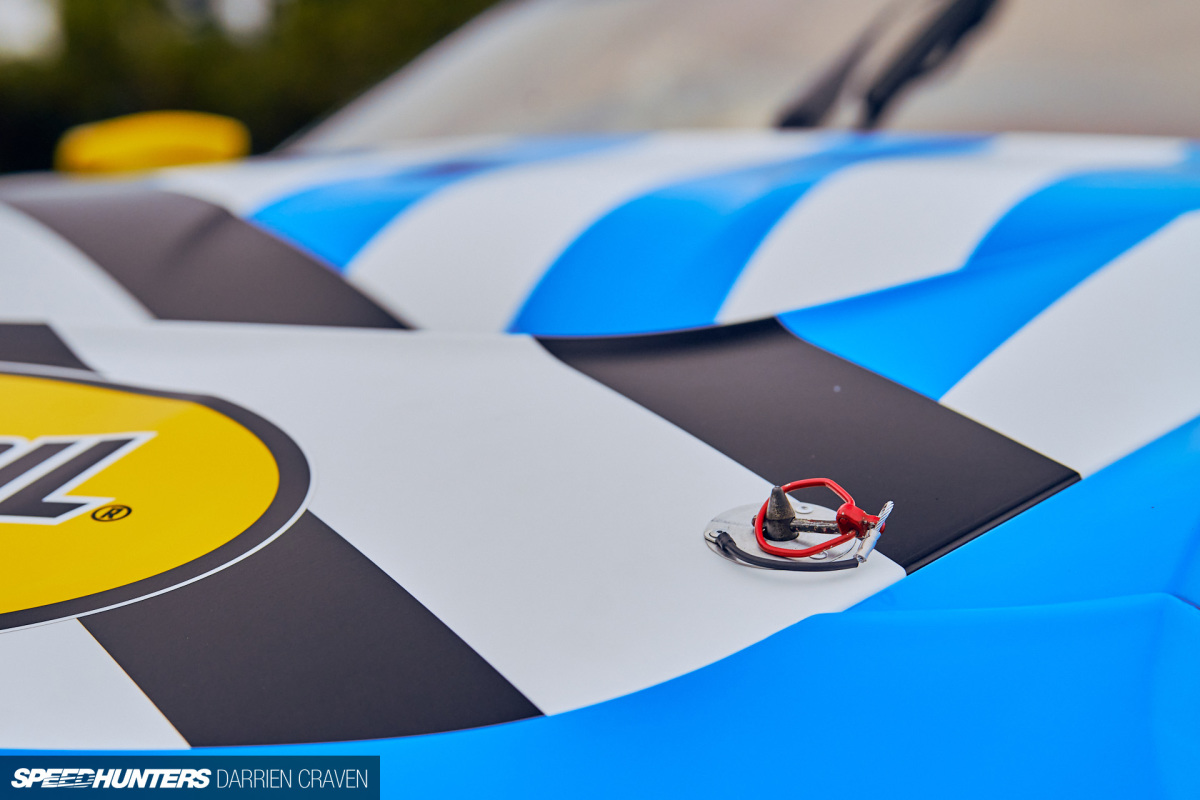
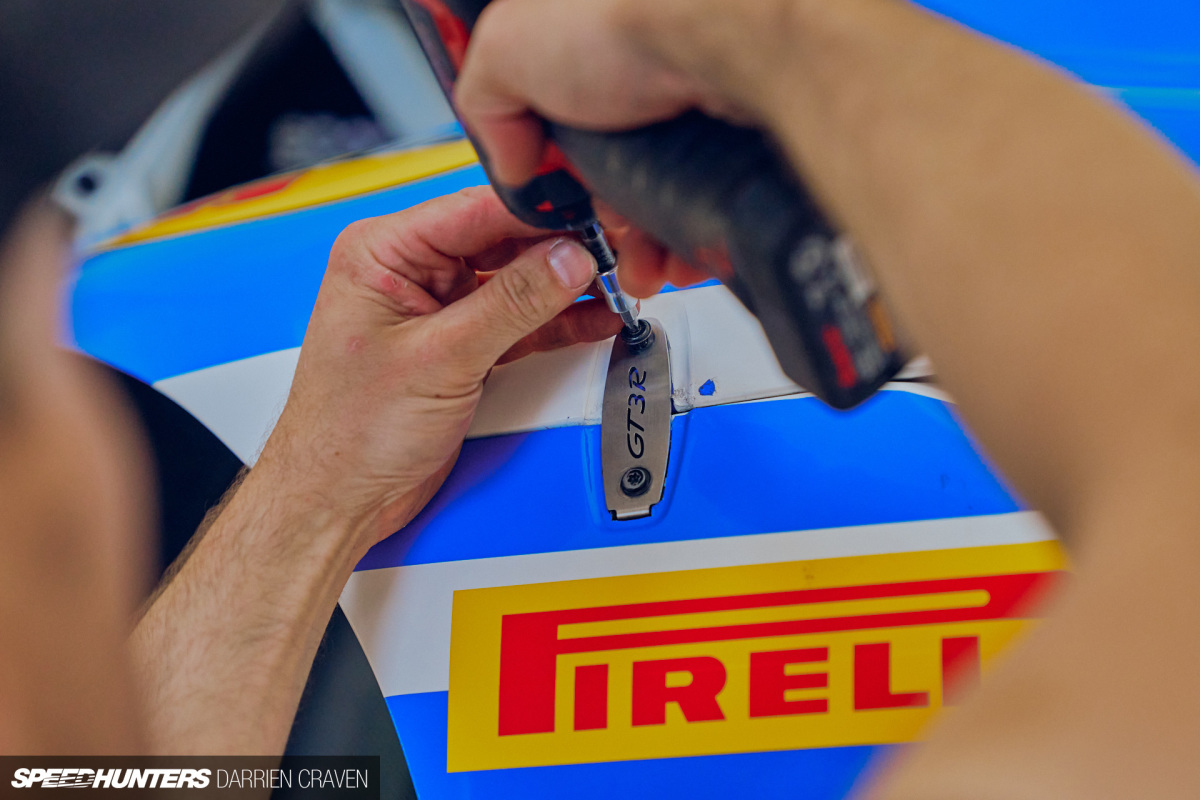
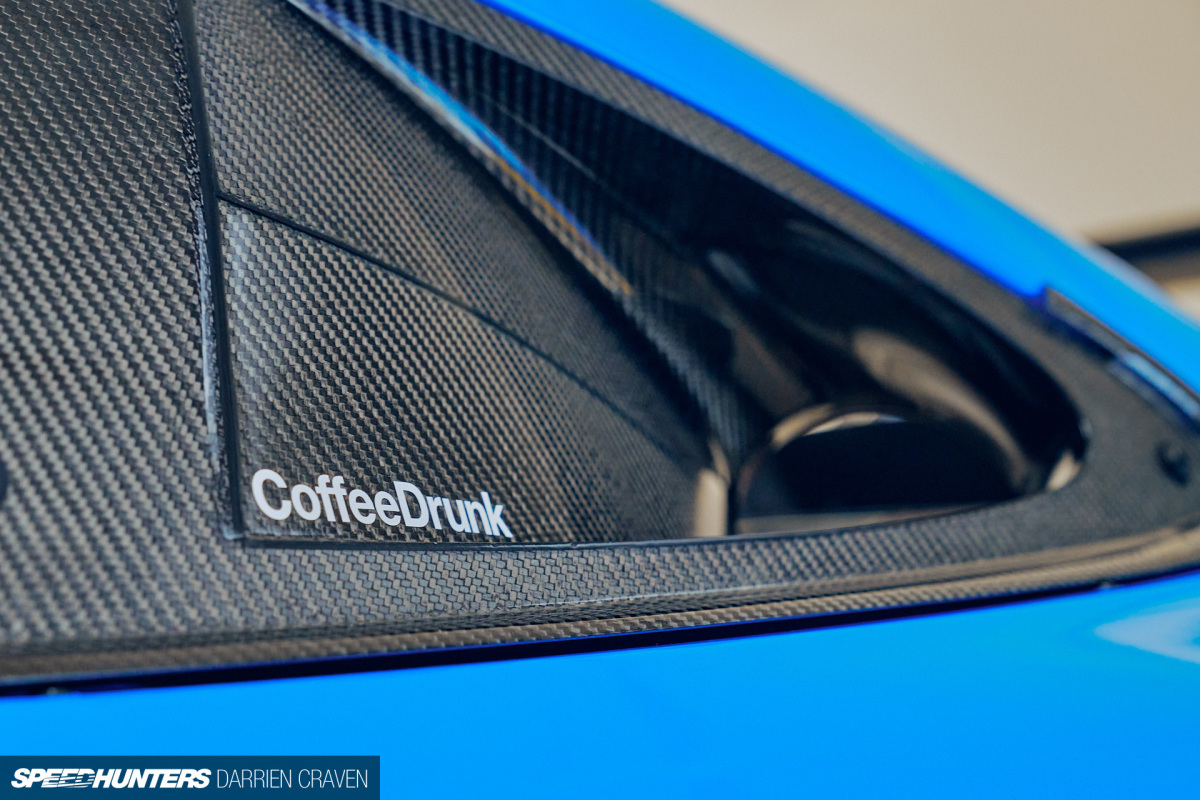
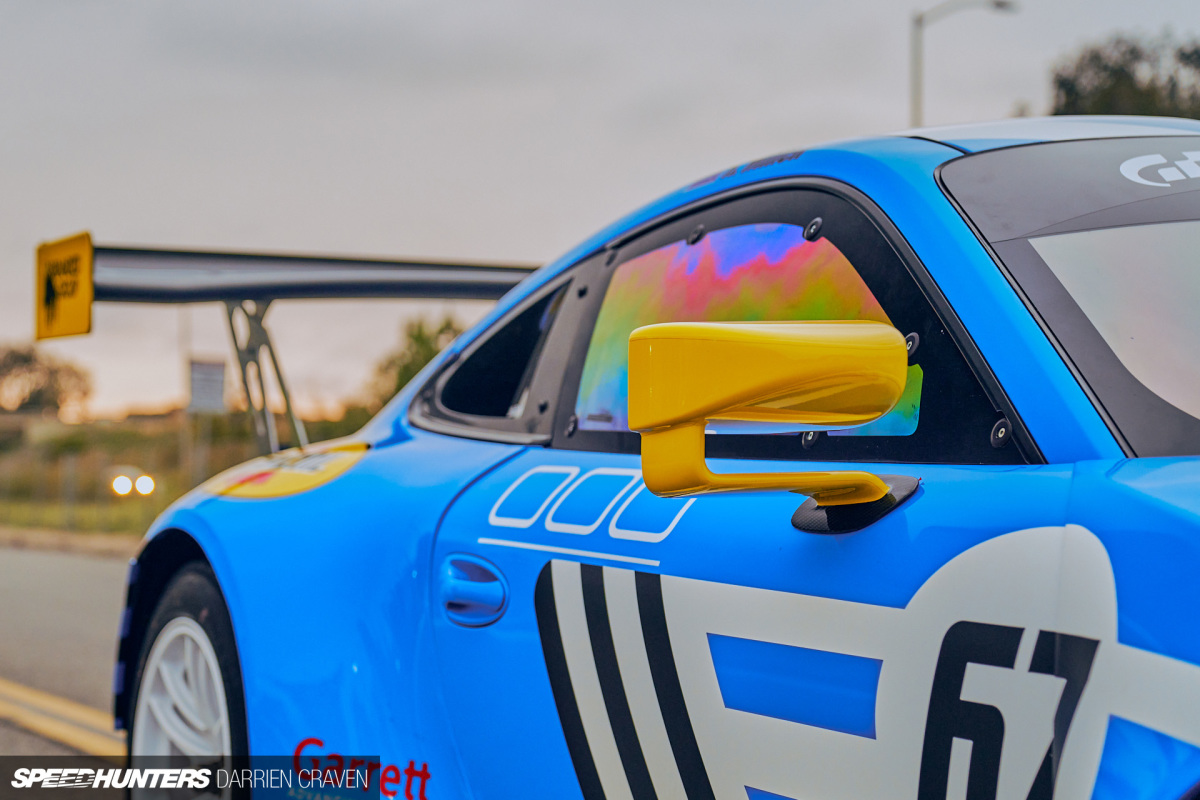
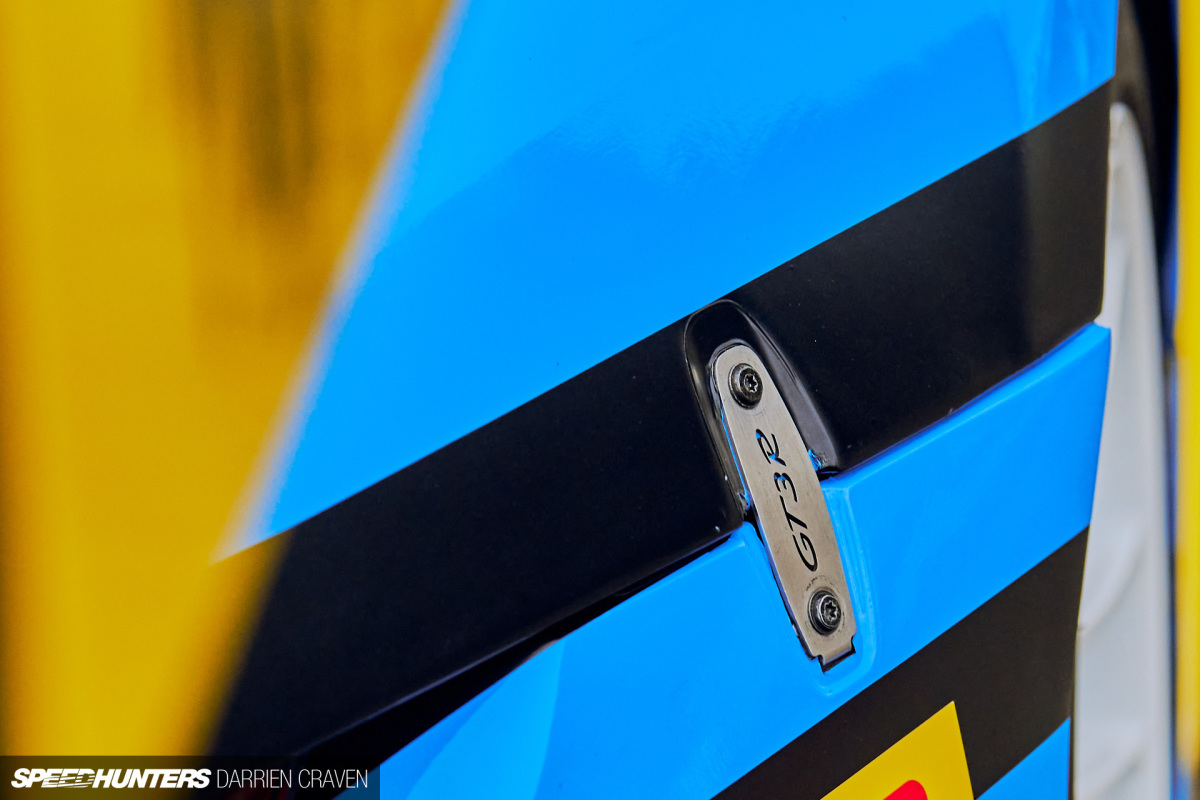
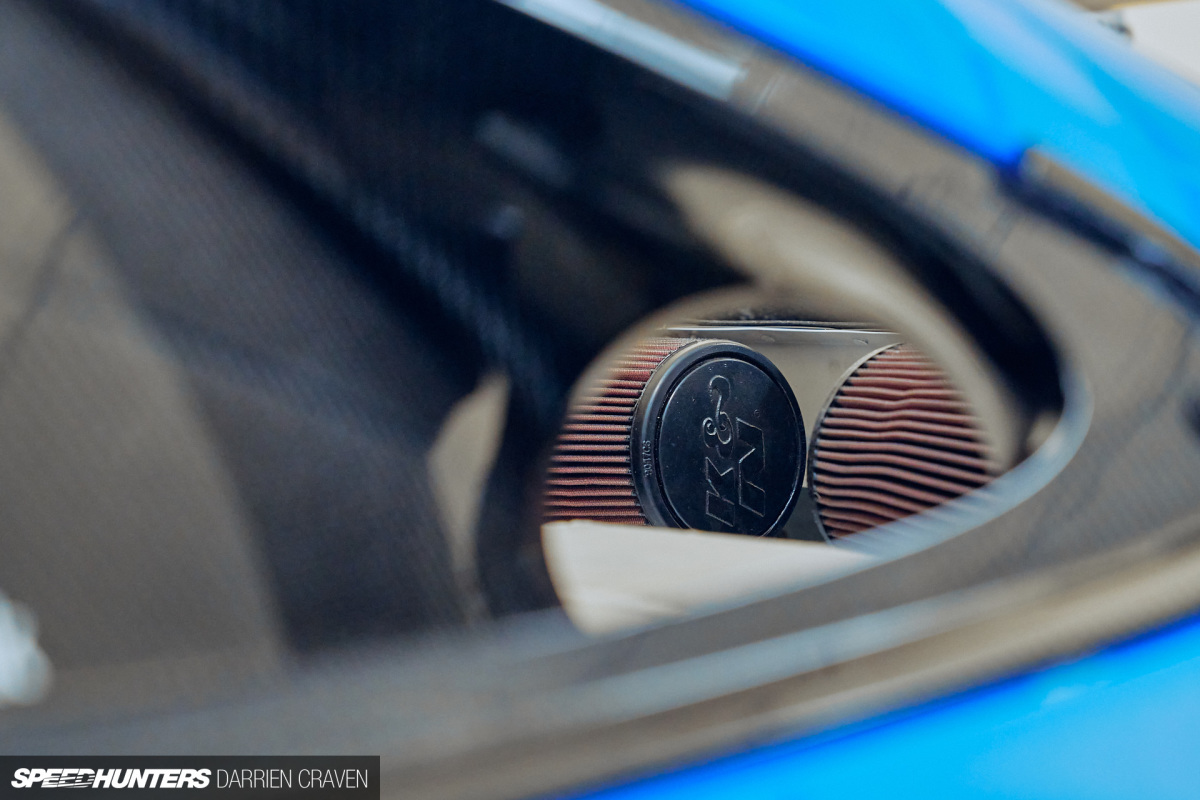
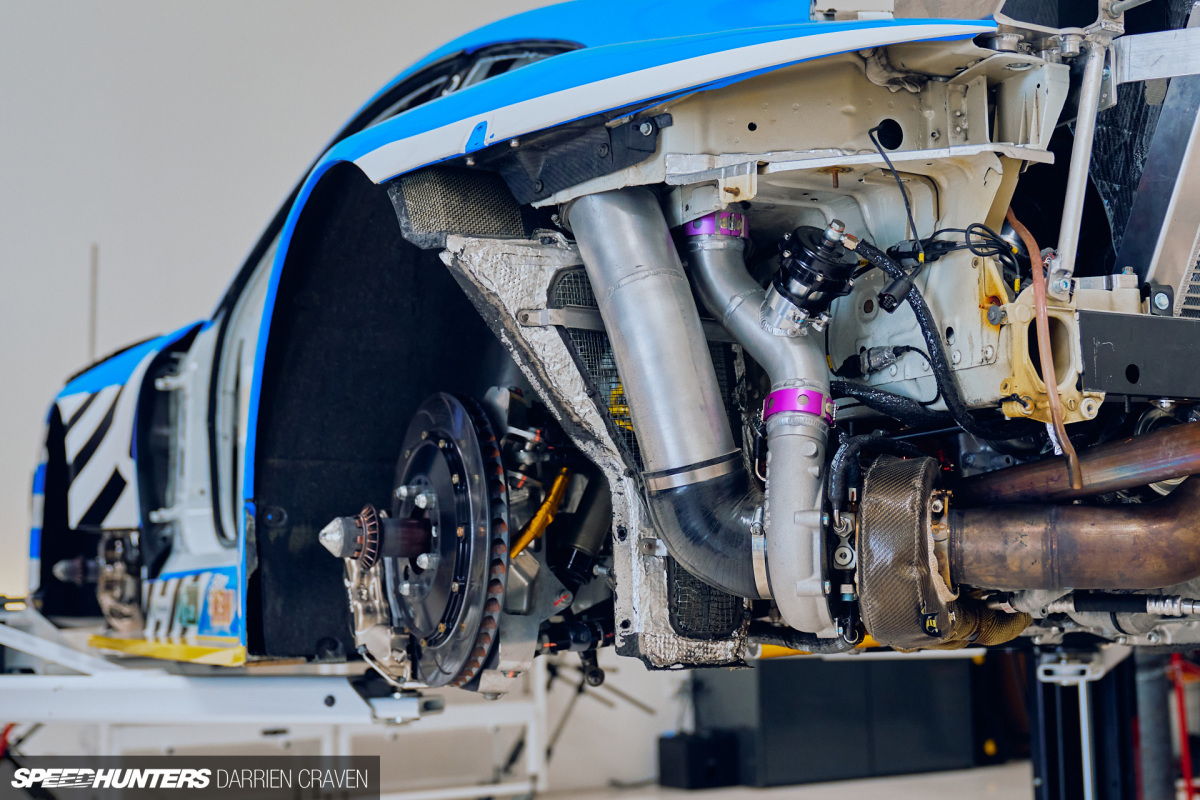
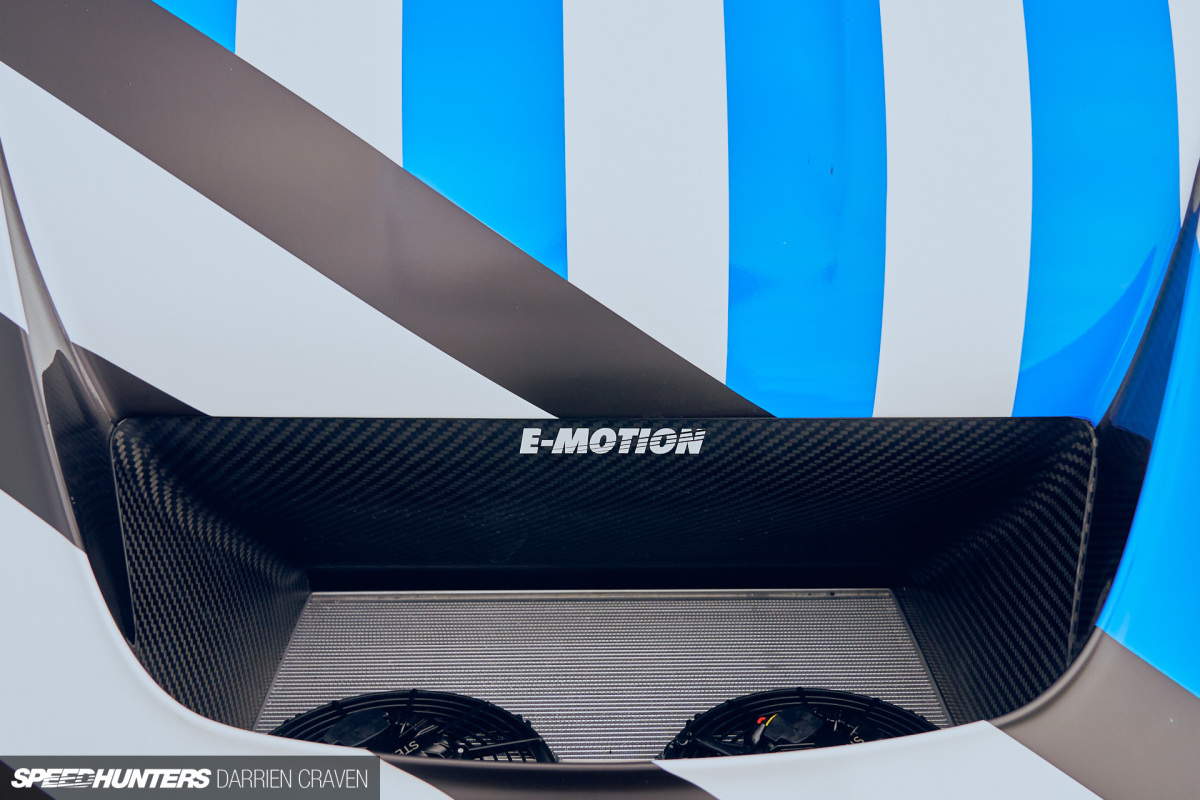
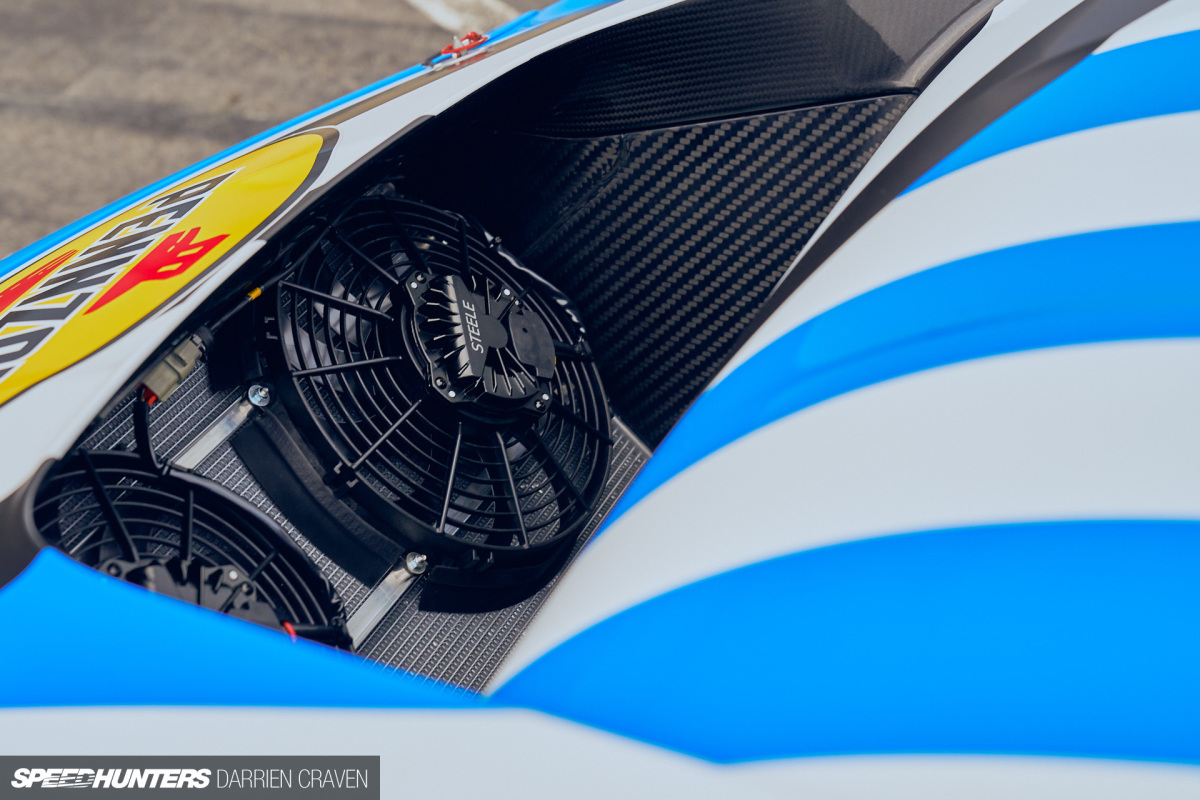
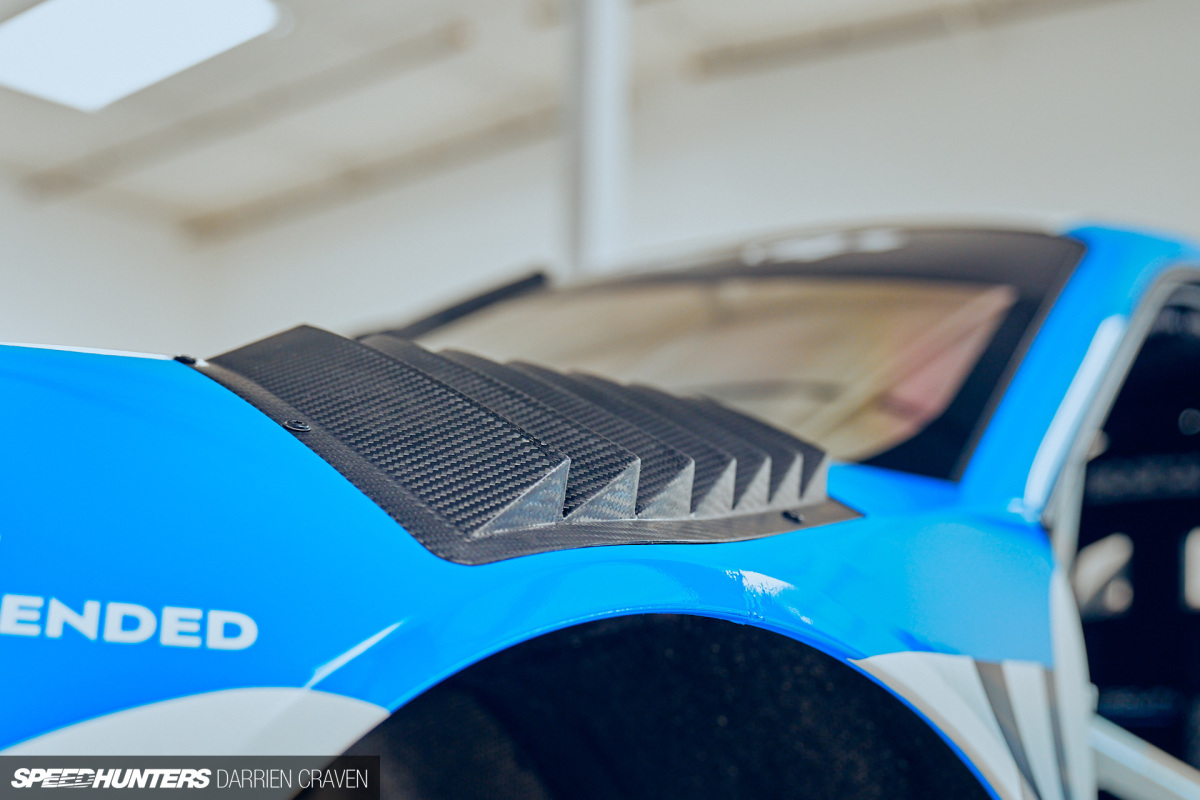
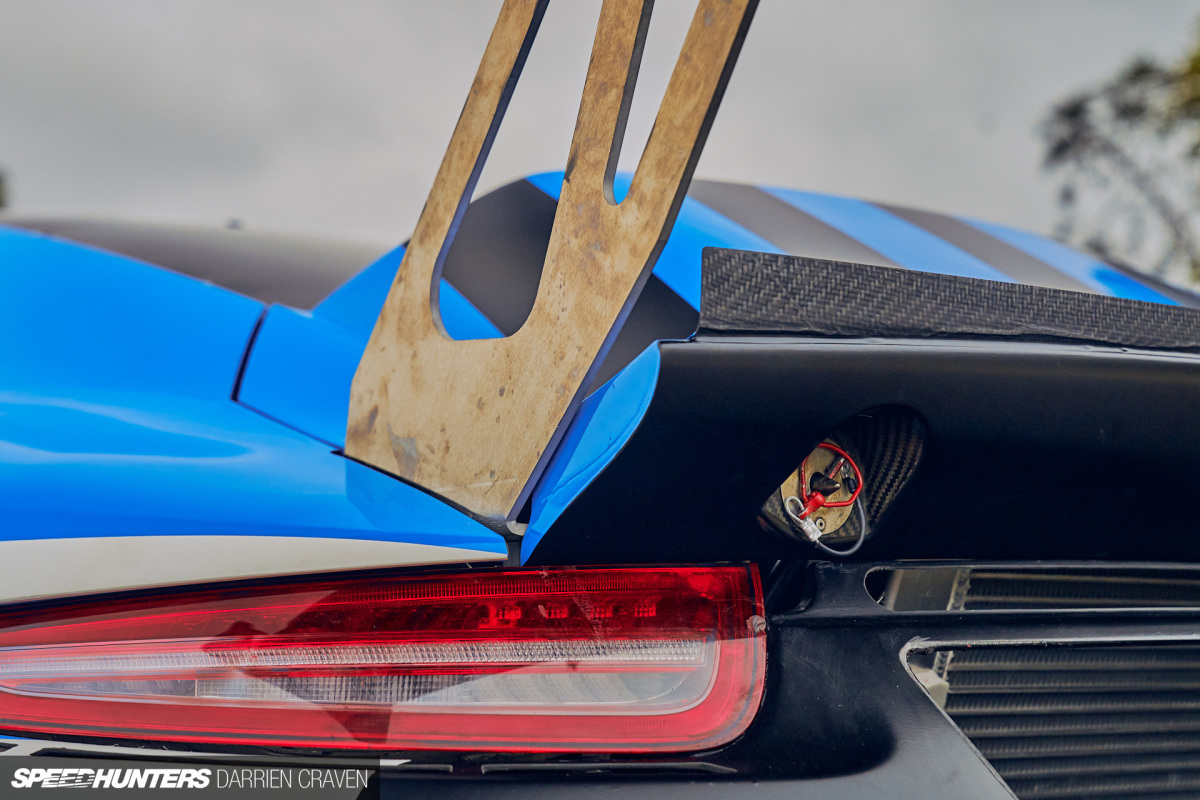
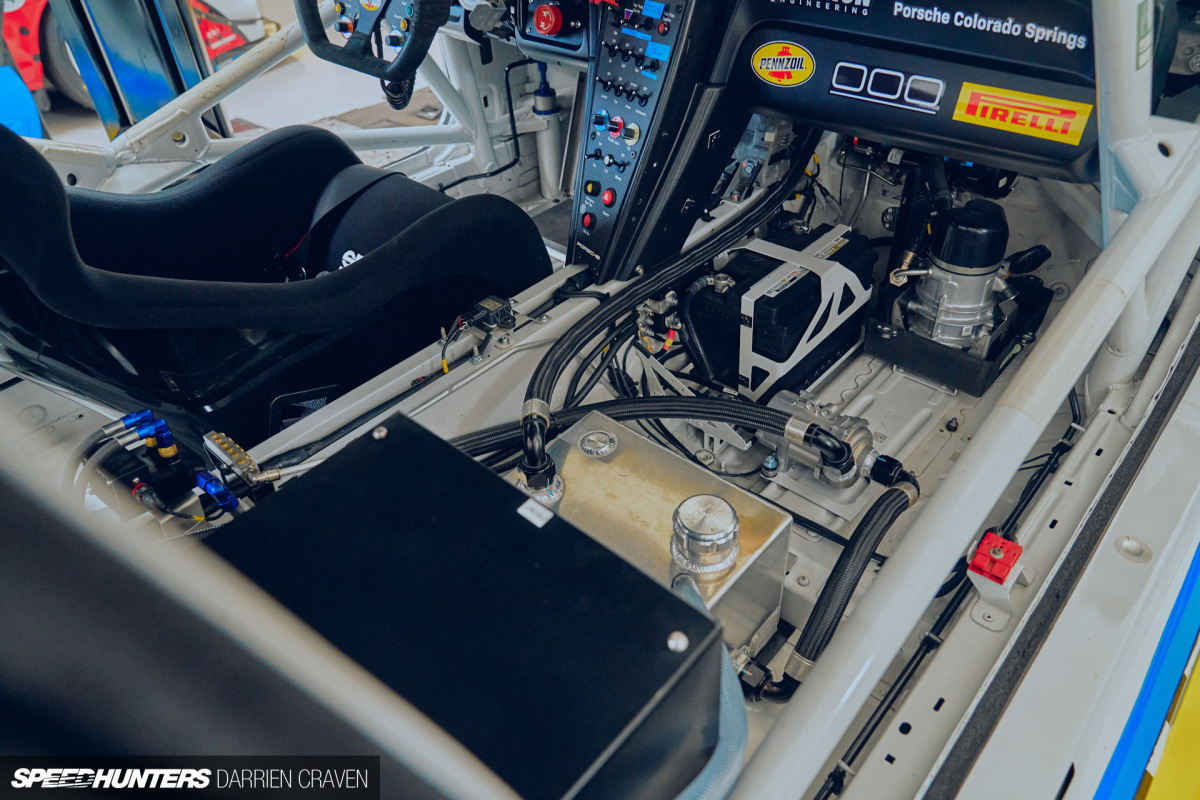
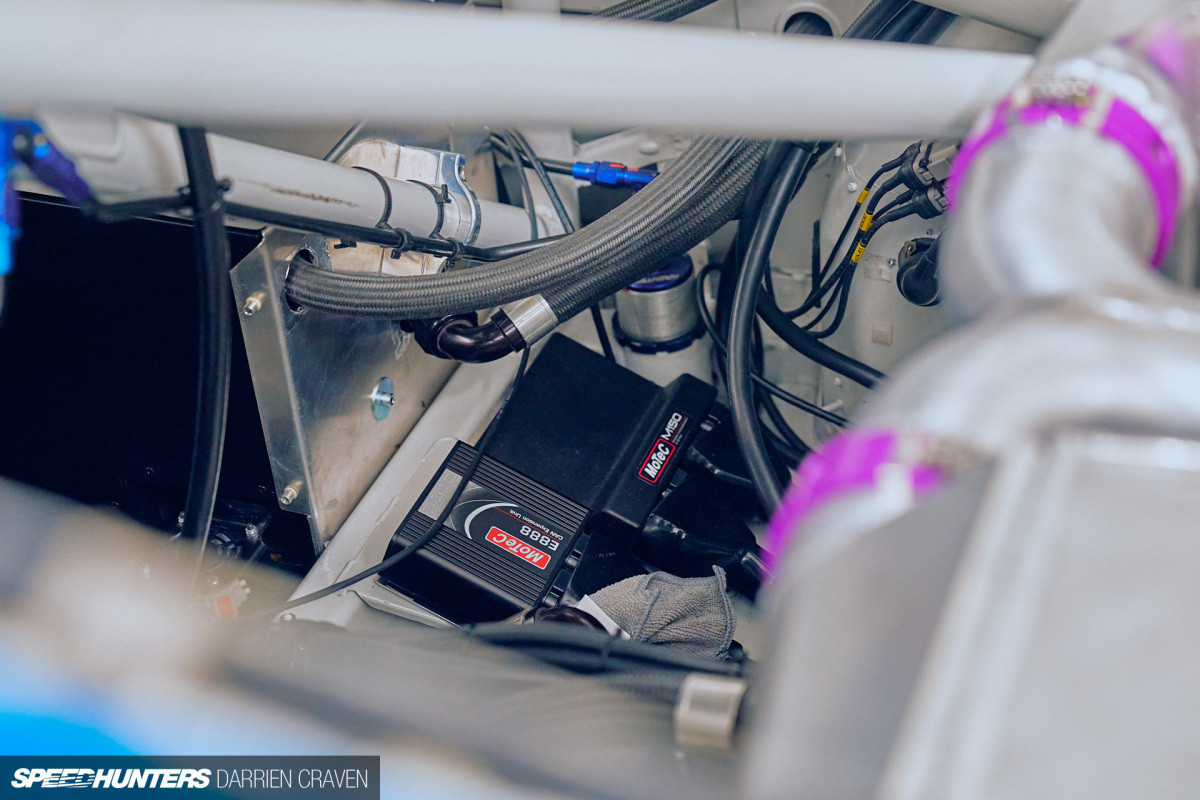
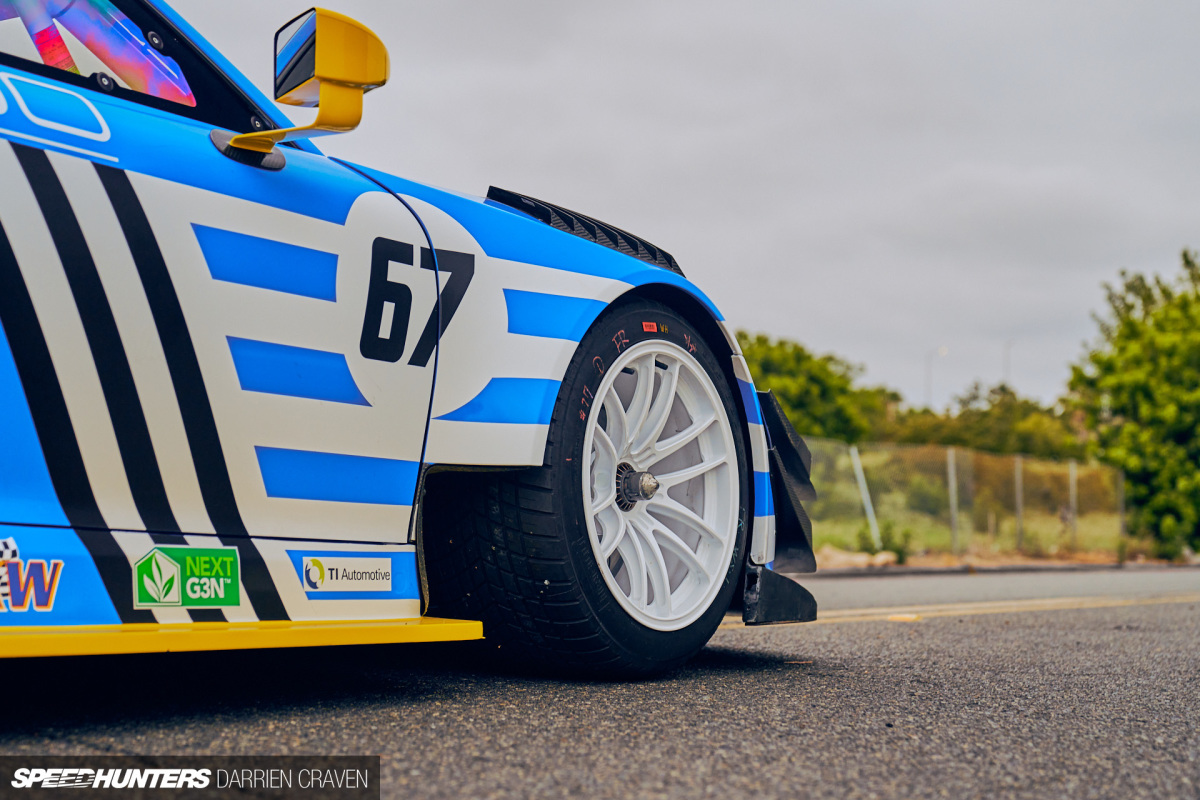
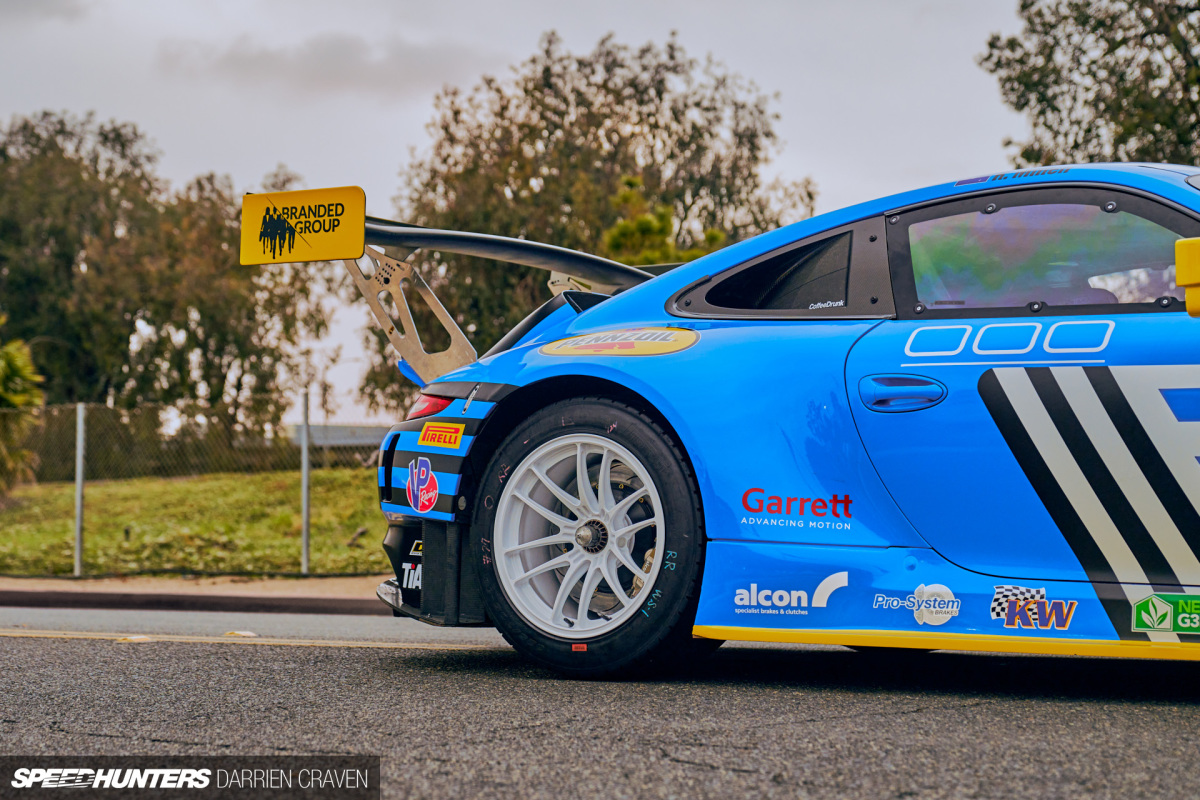




More Stories
2022 Porsche Taycan 4 Cross Turismo Pros and Cons Review: Wag Swag?
How to Fix an Inflatable Water Slide: The Four Most Common Problems
The Importance of Replacing Outboard Powerhead Gaskets